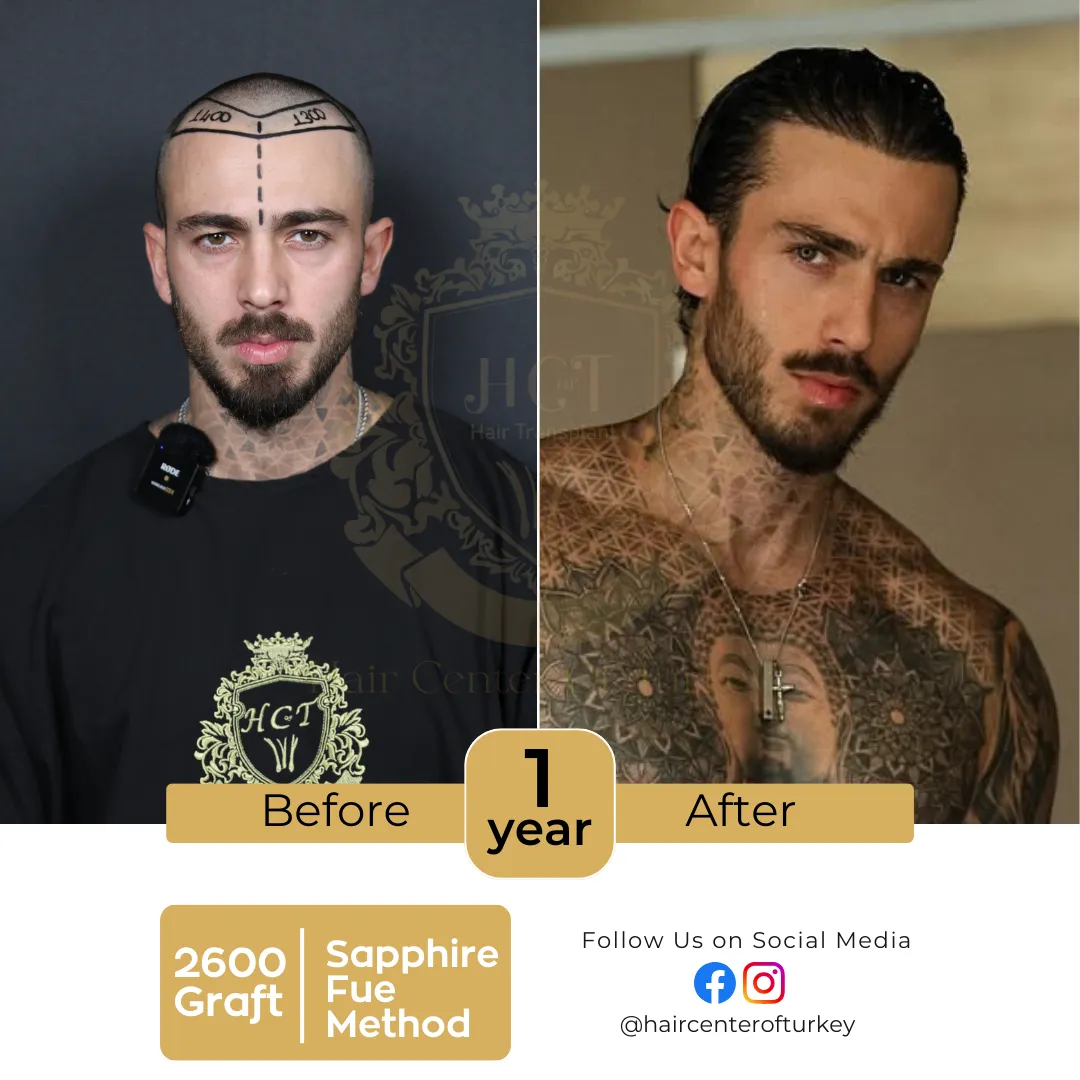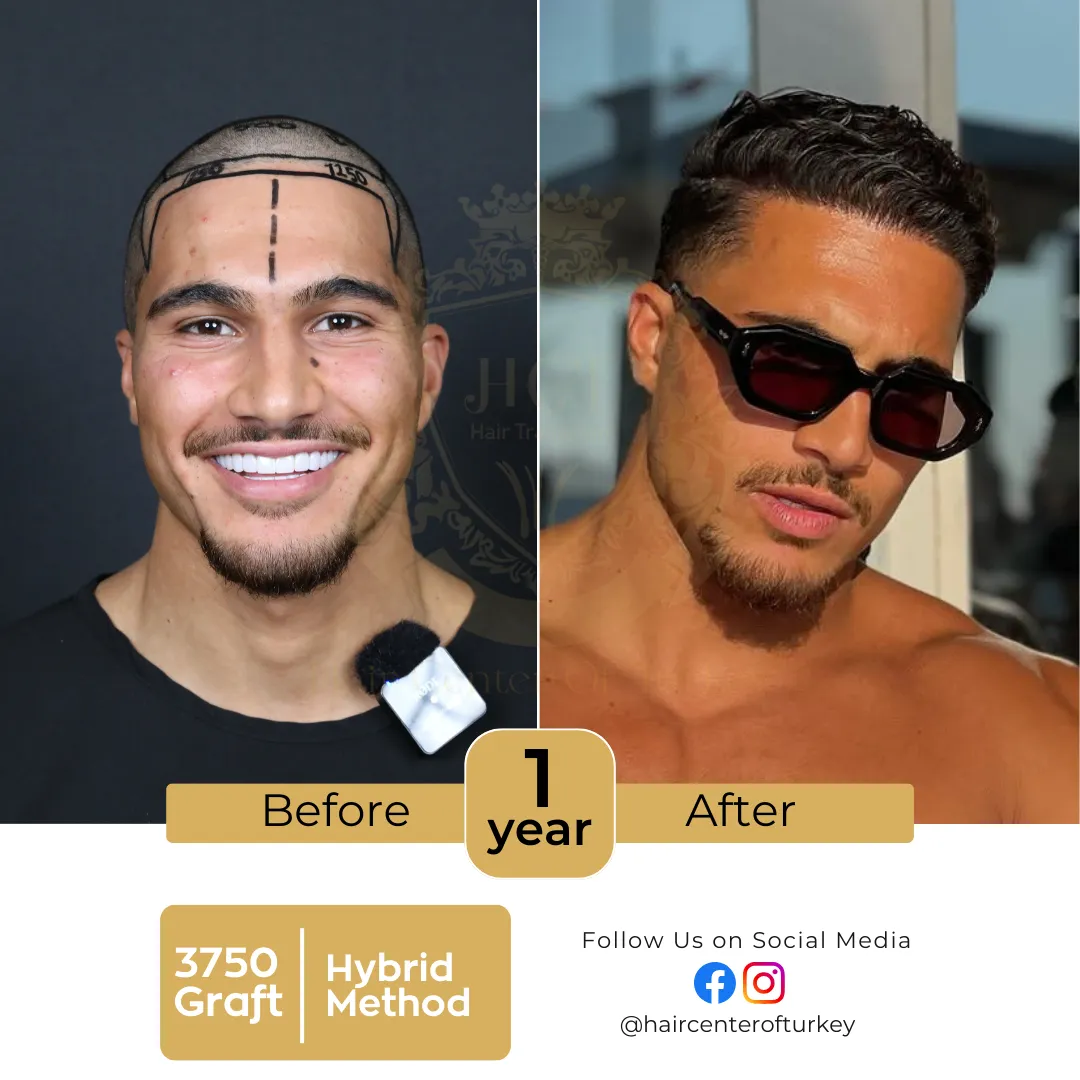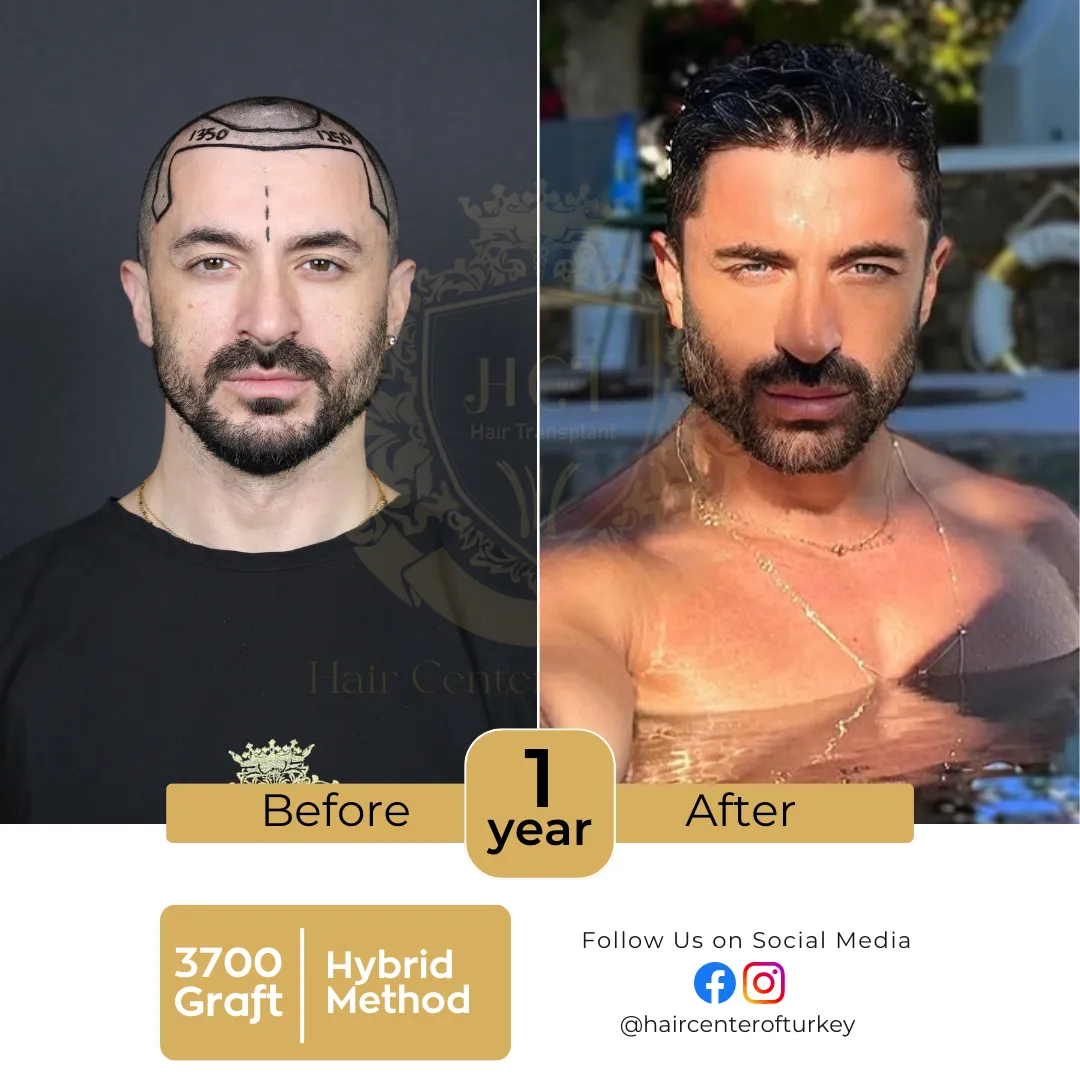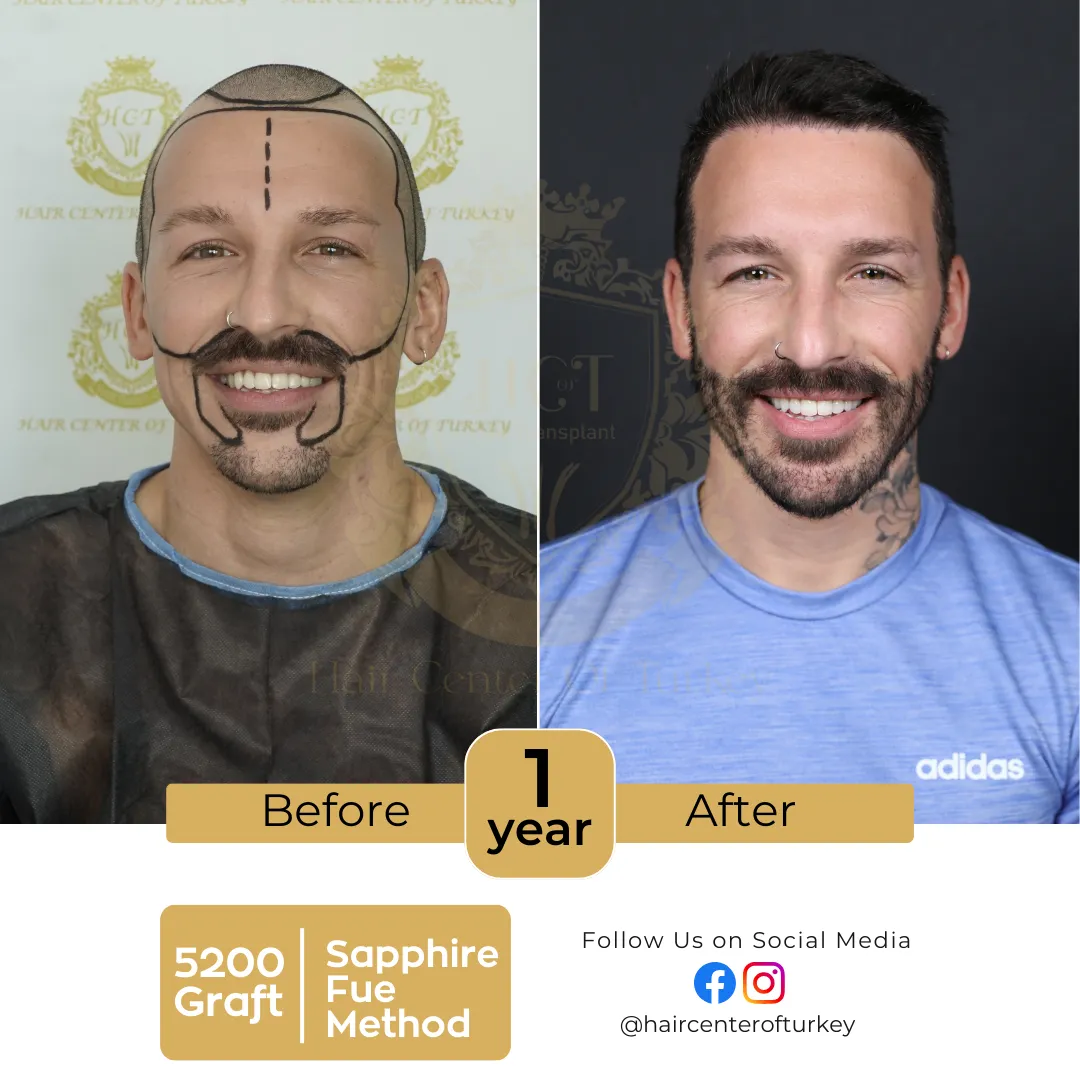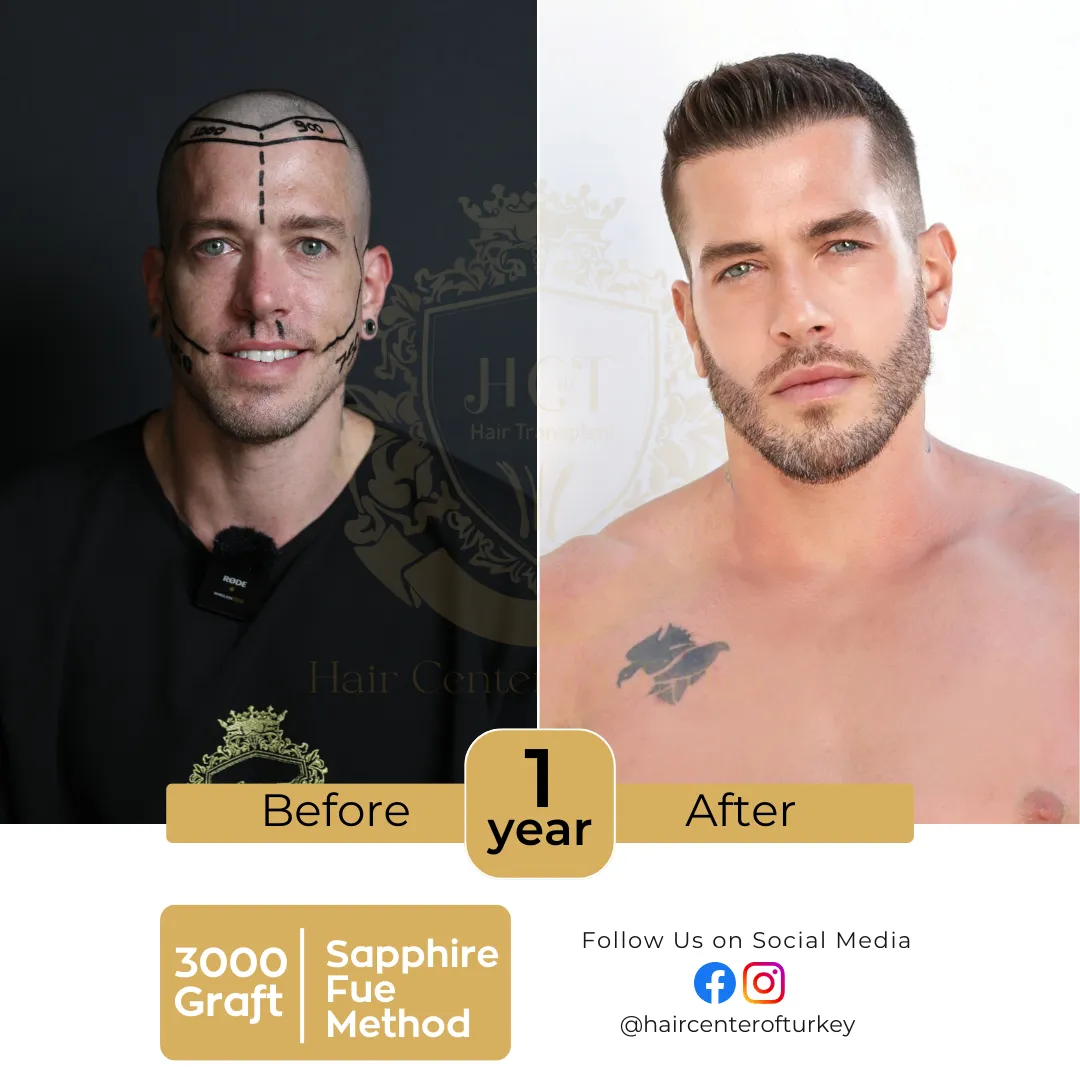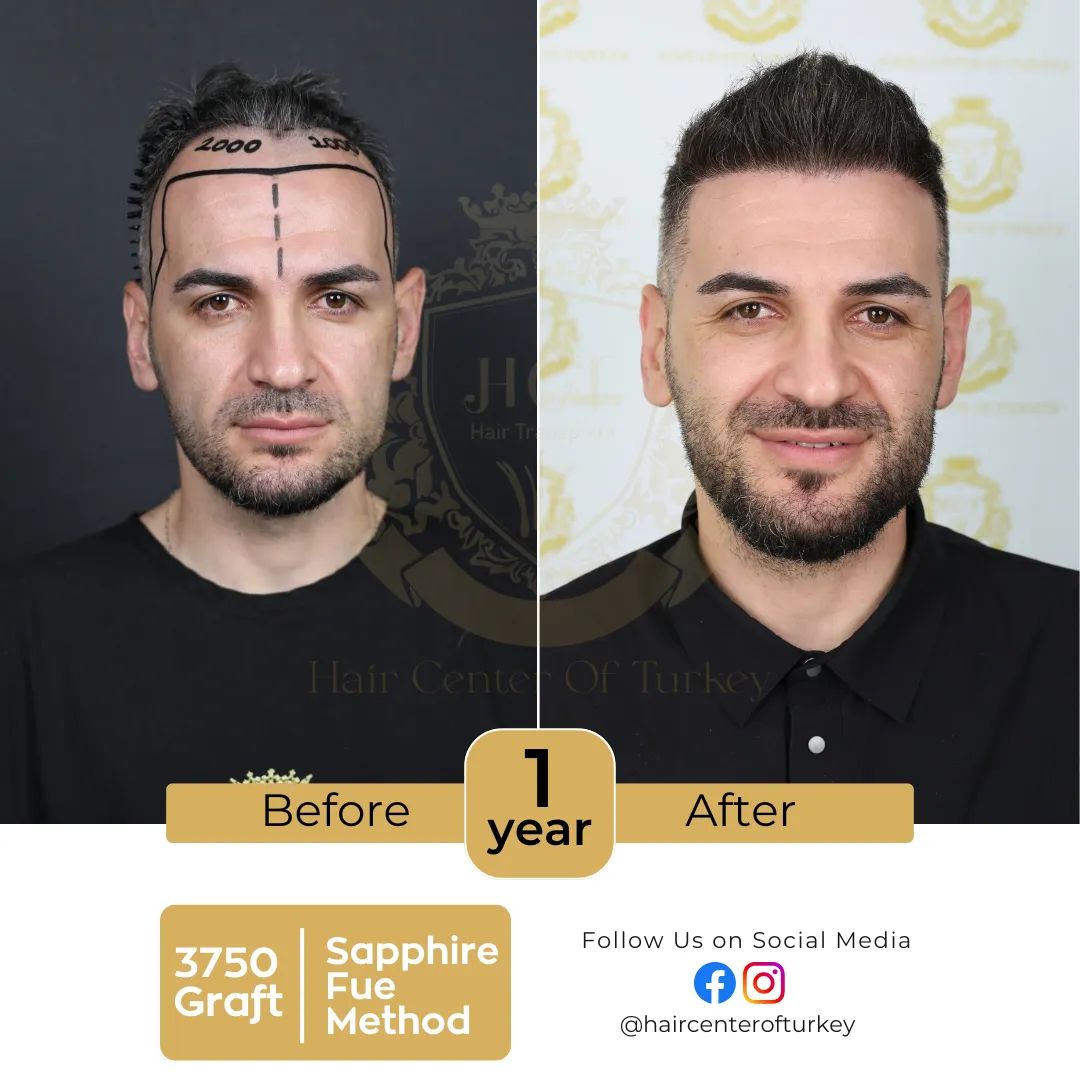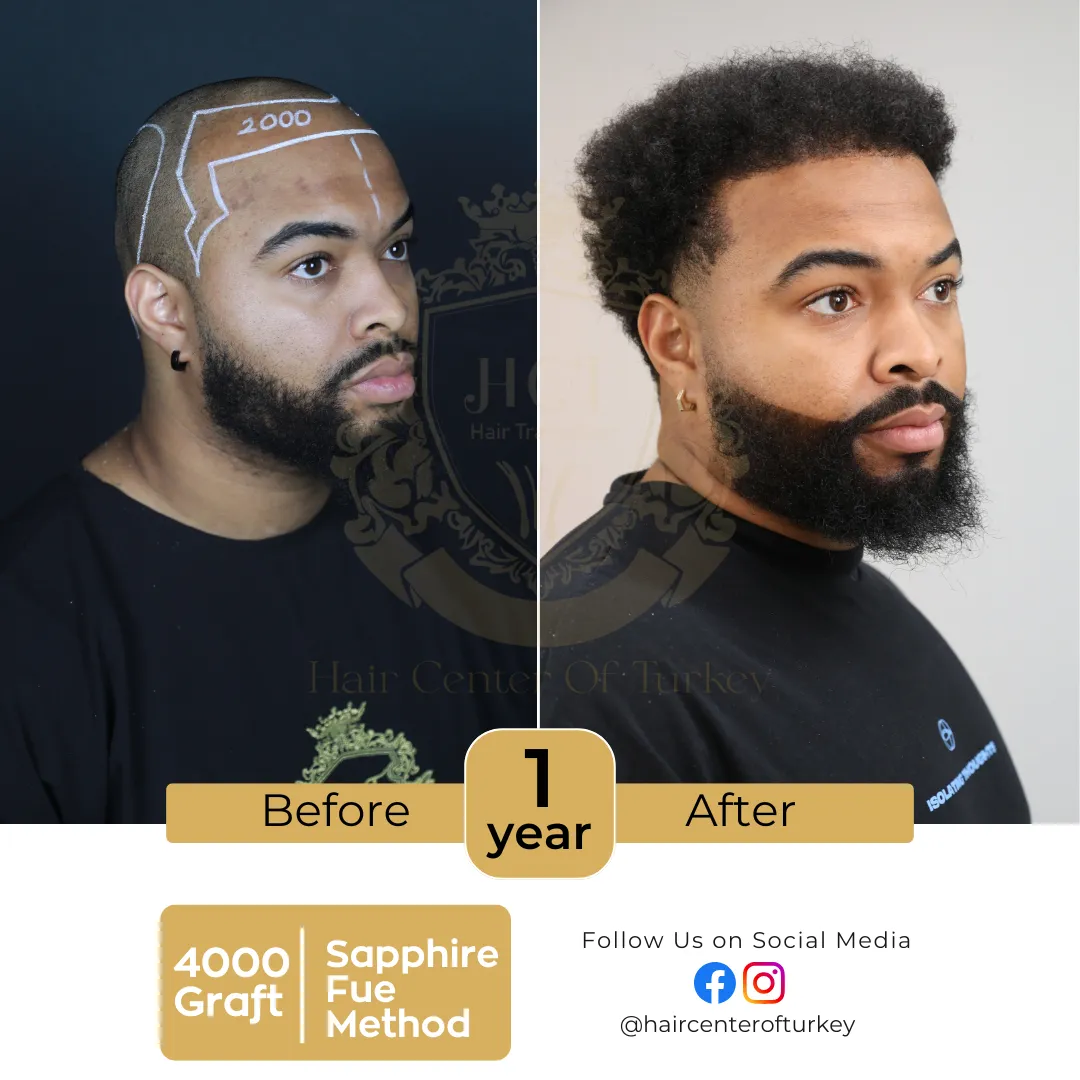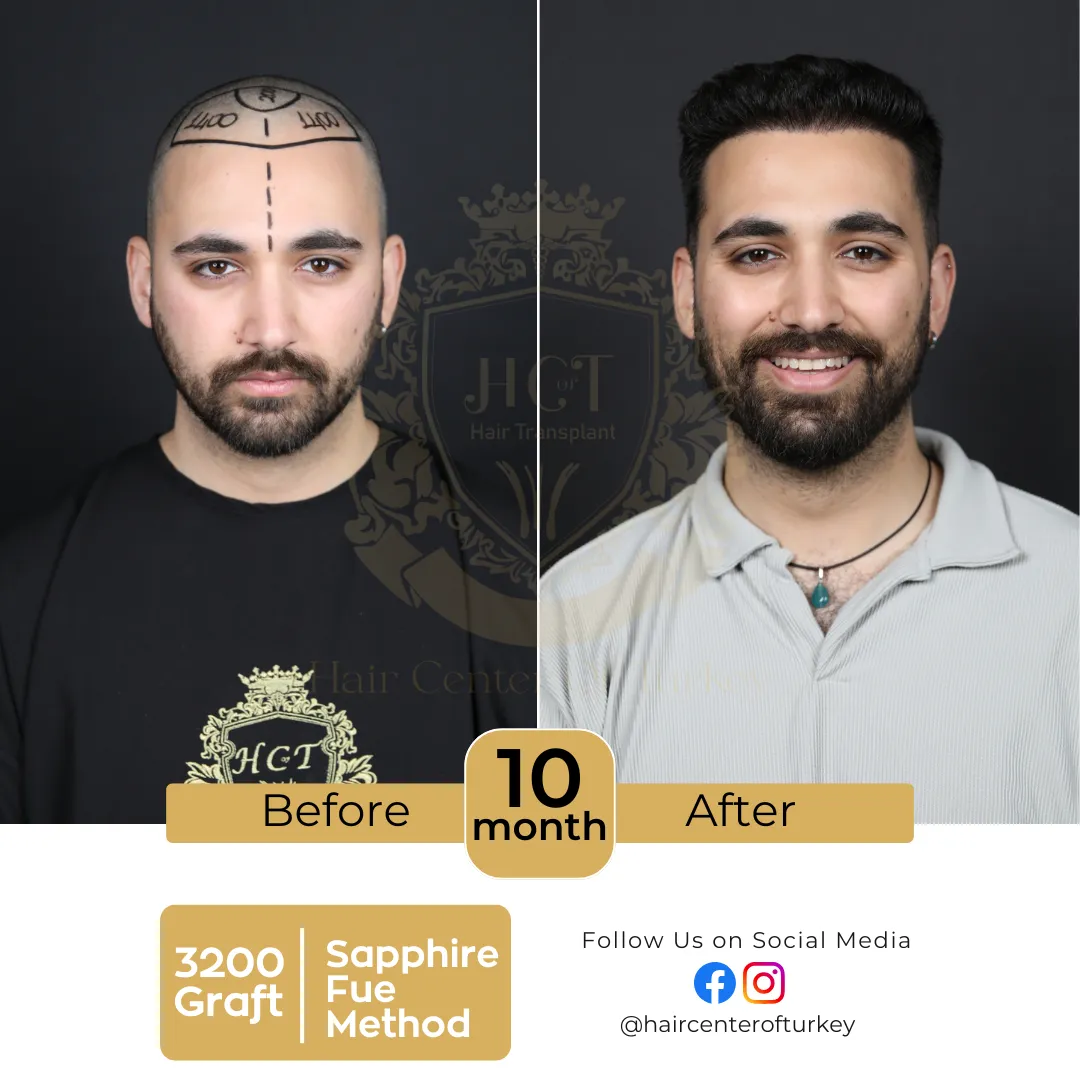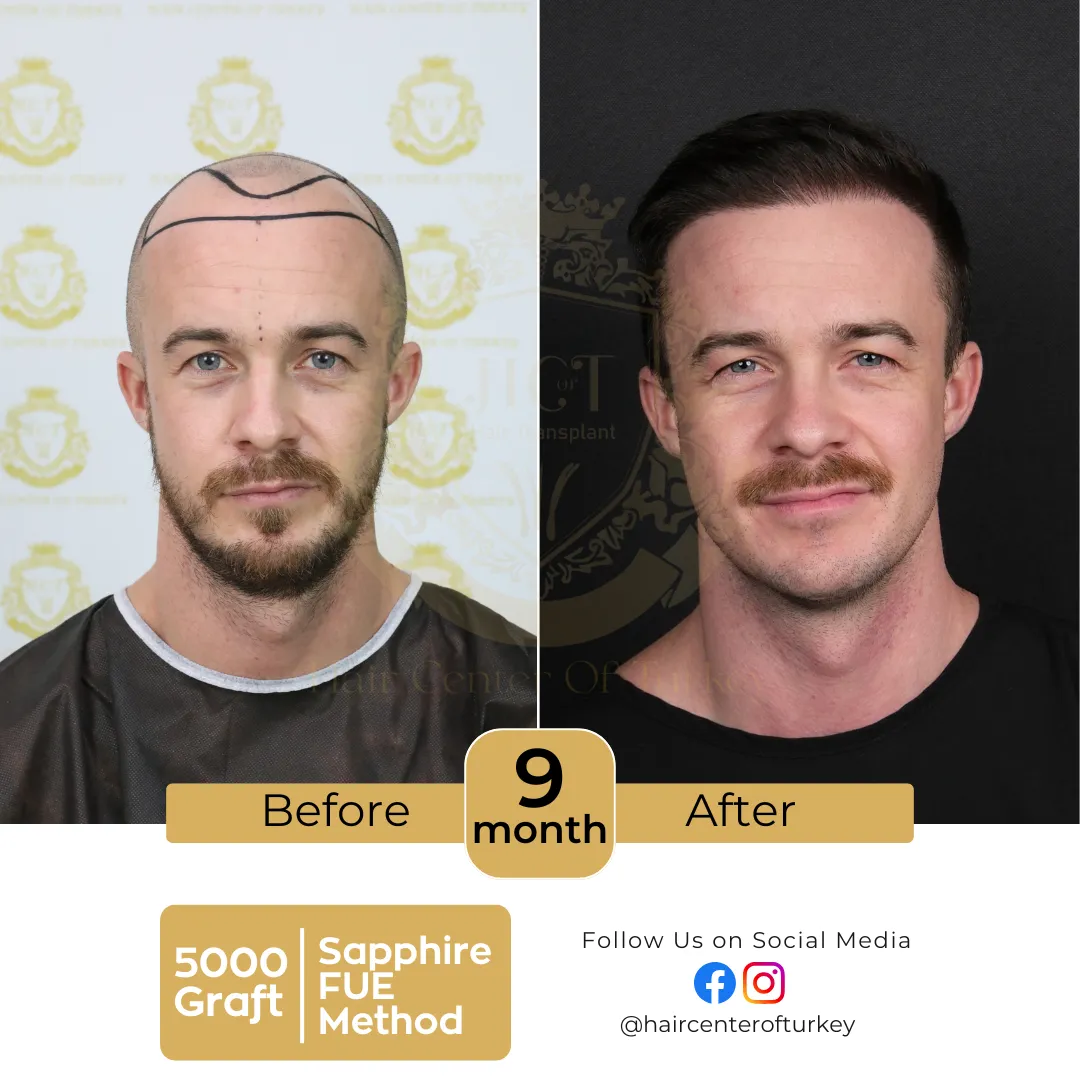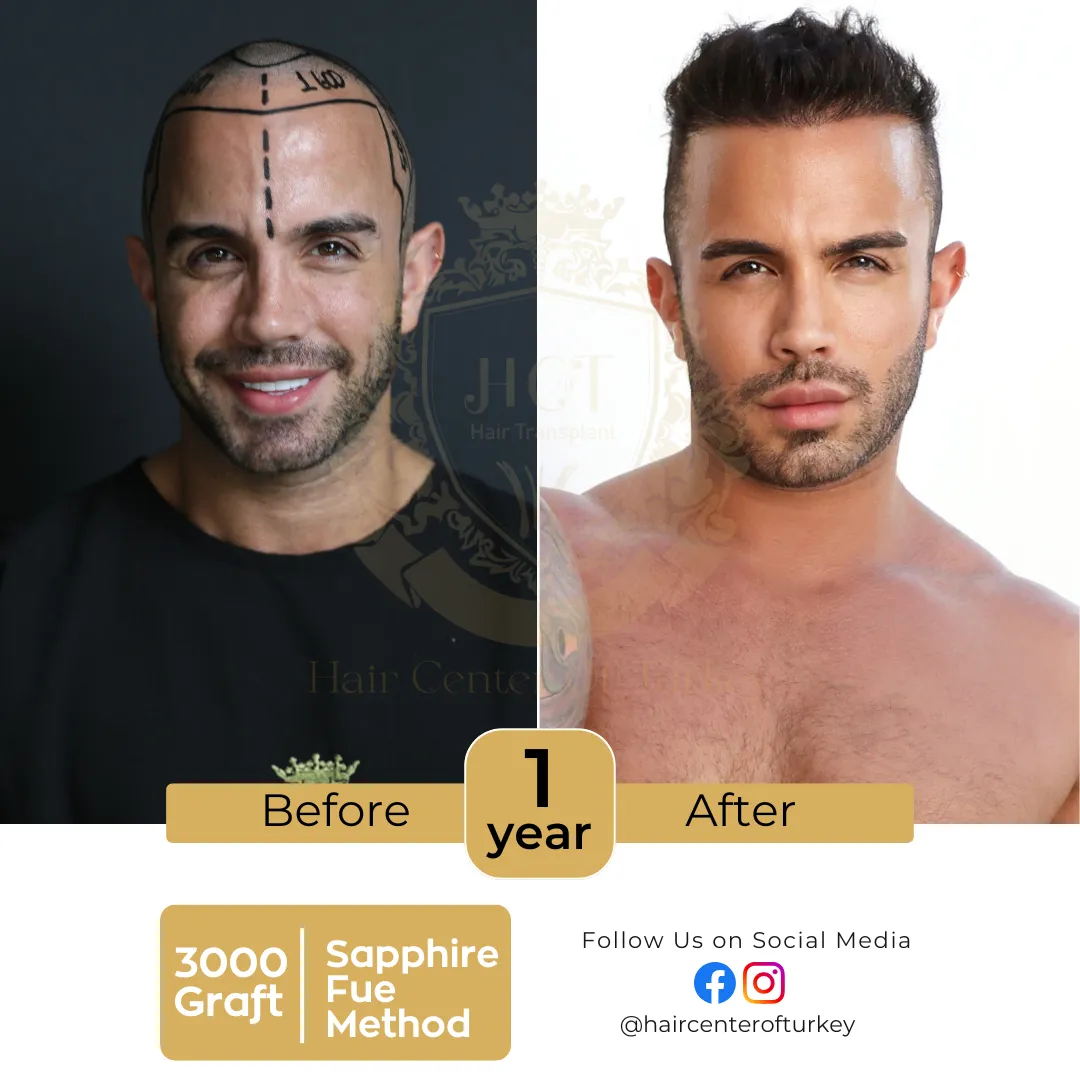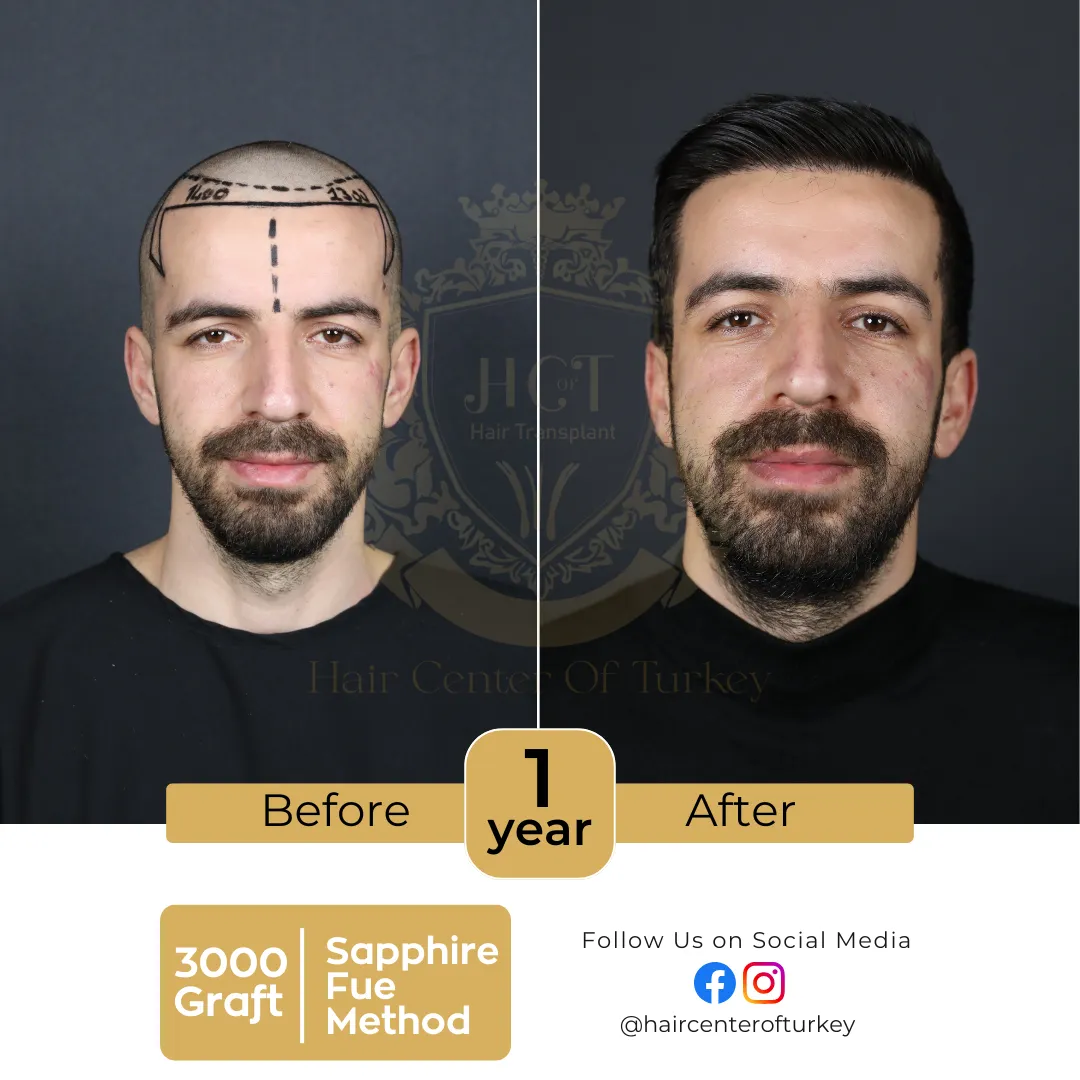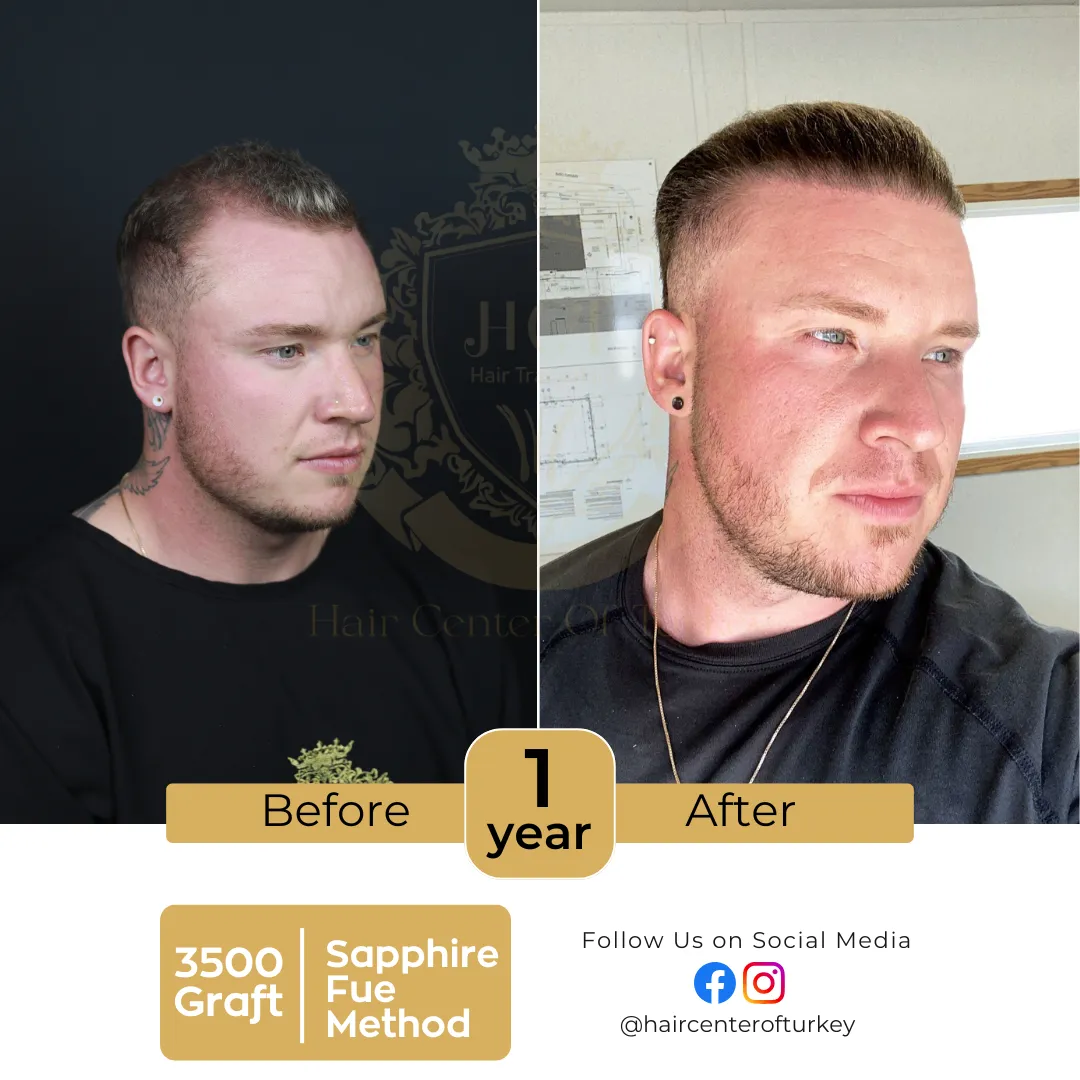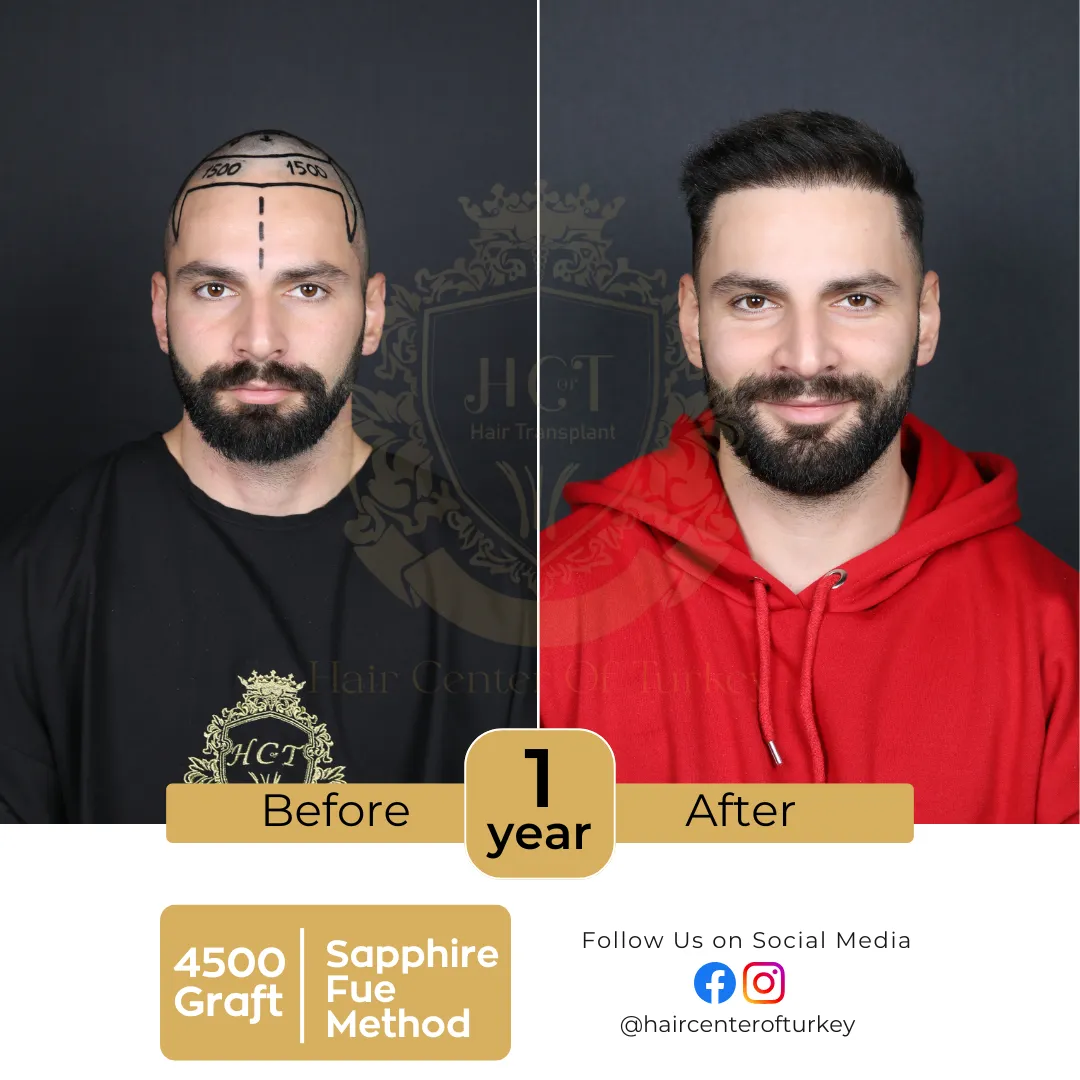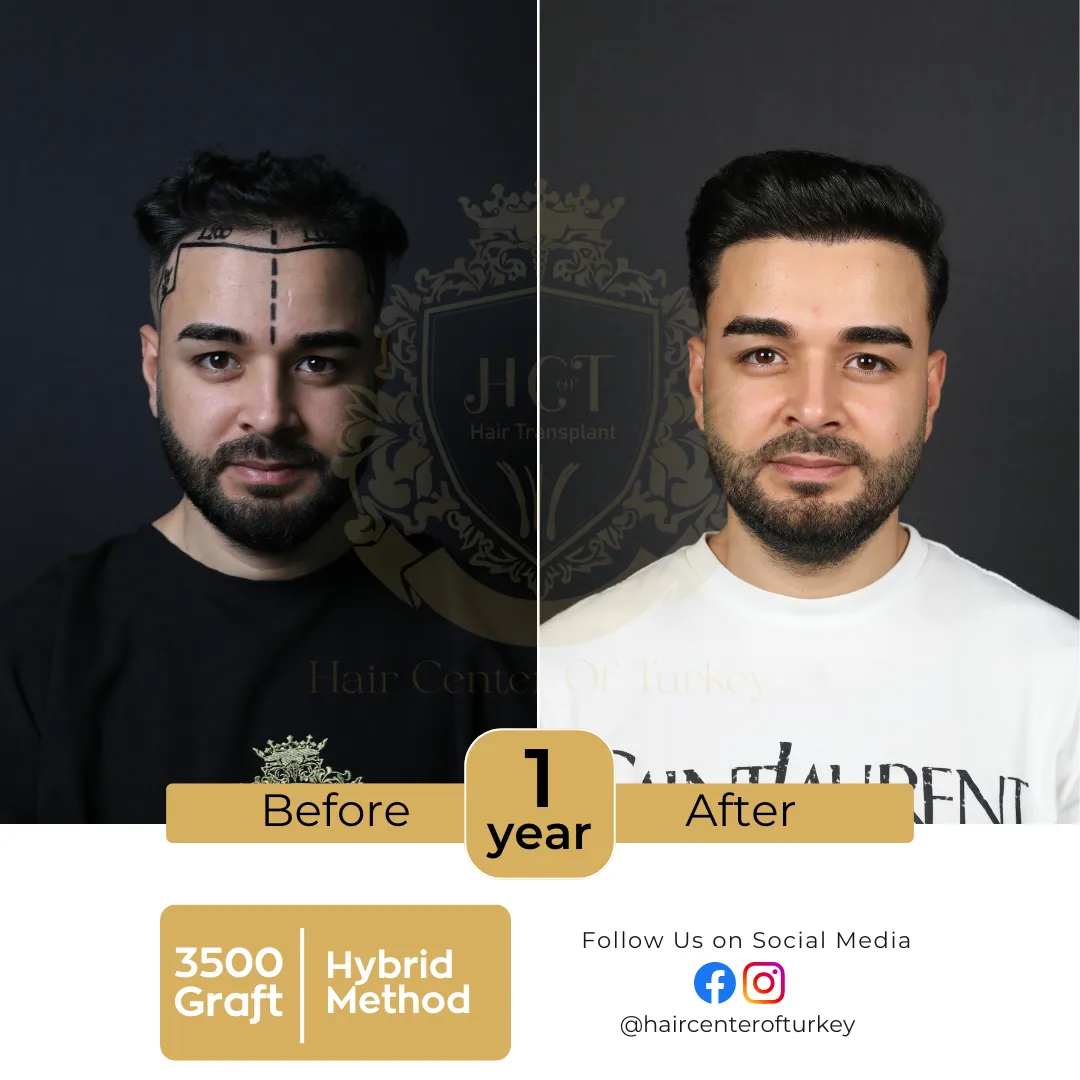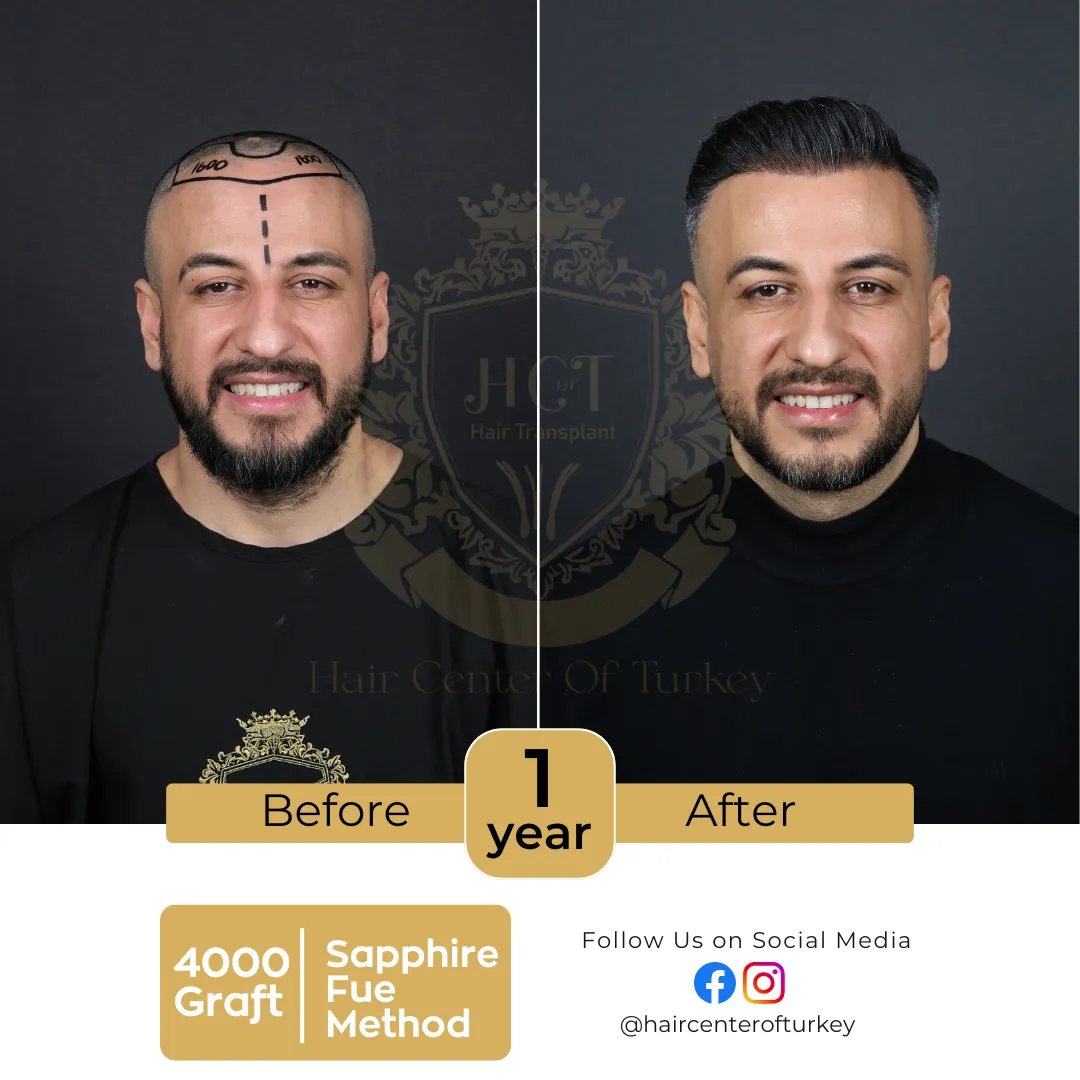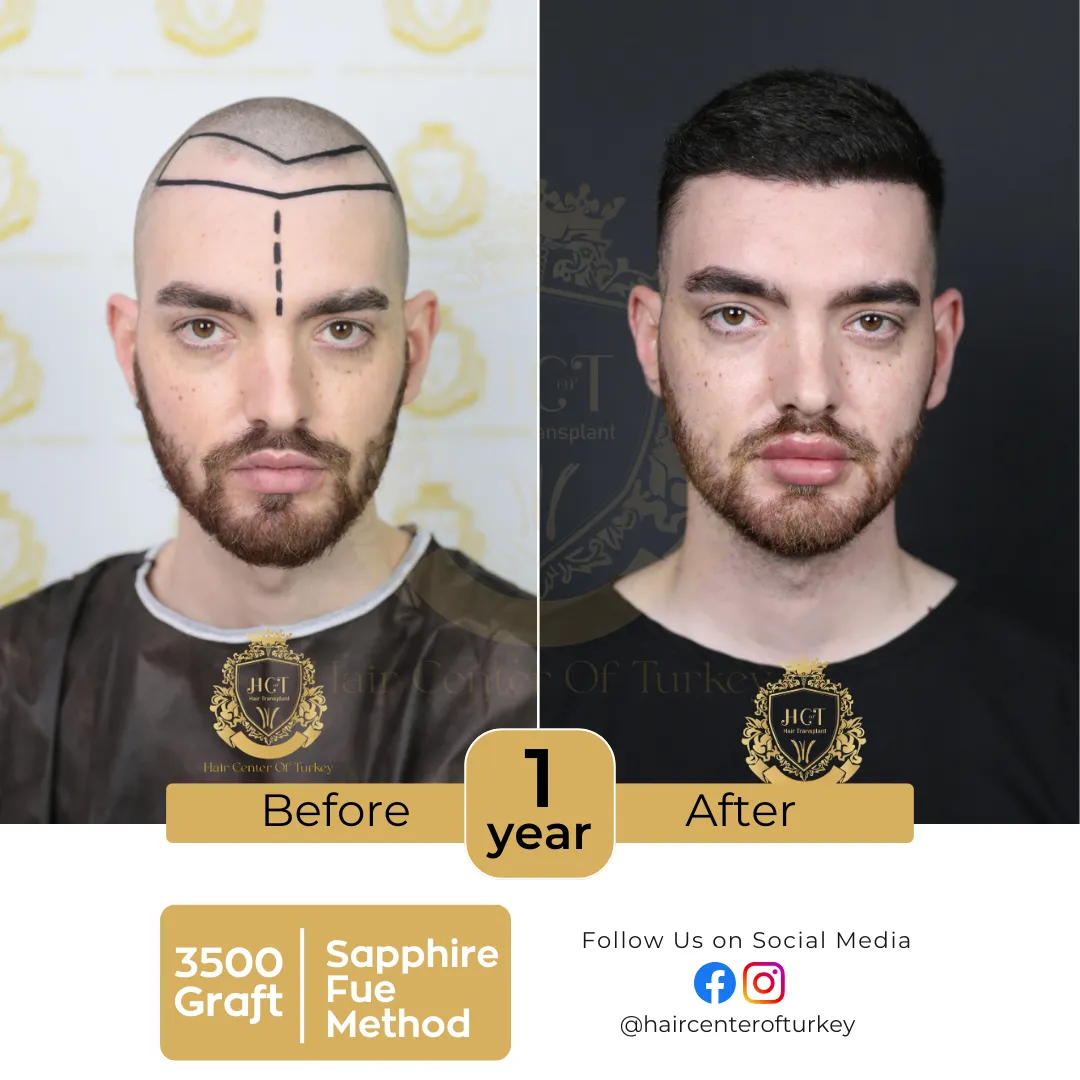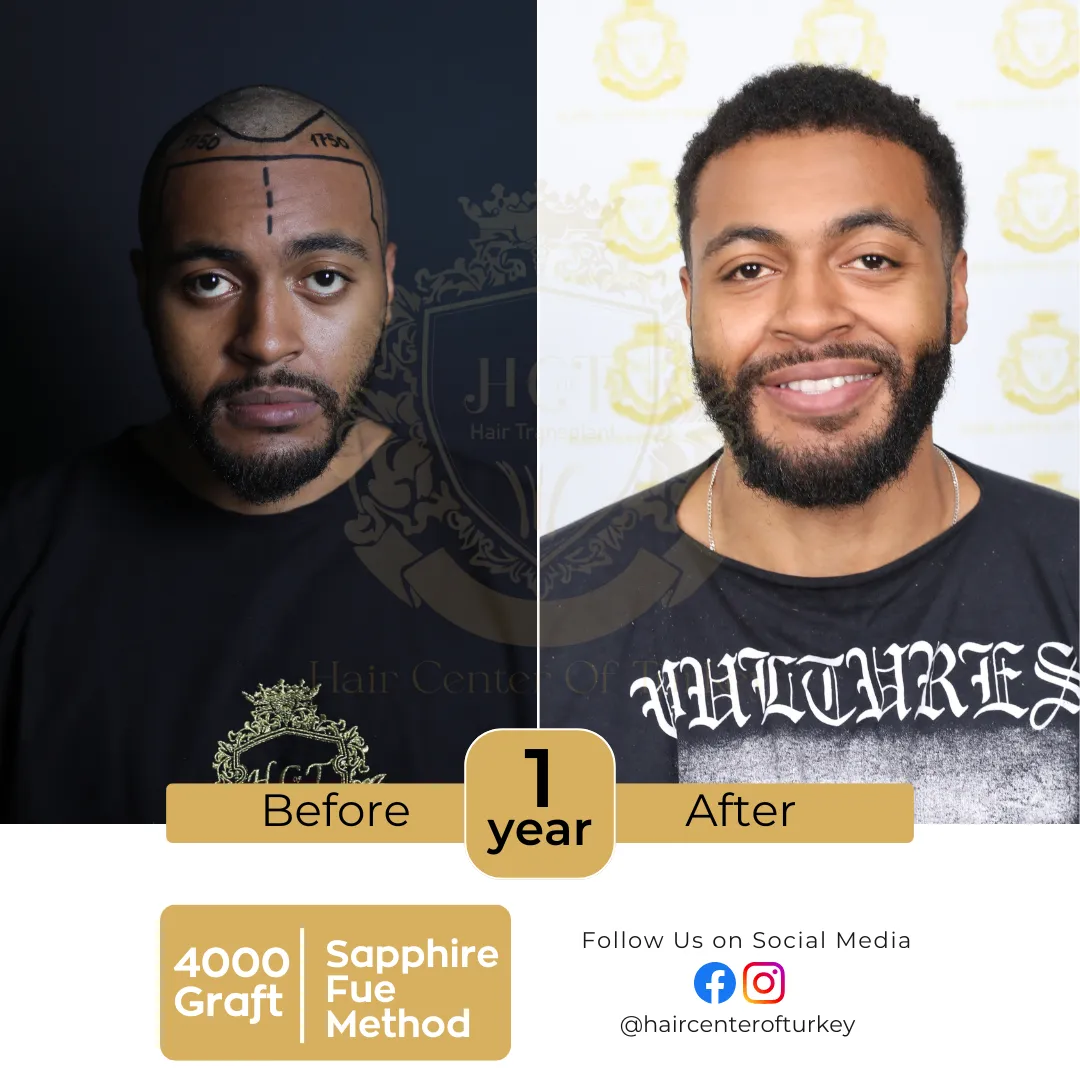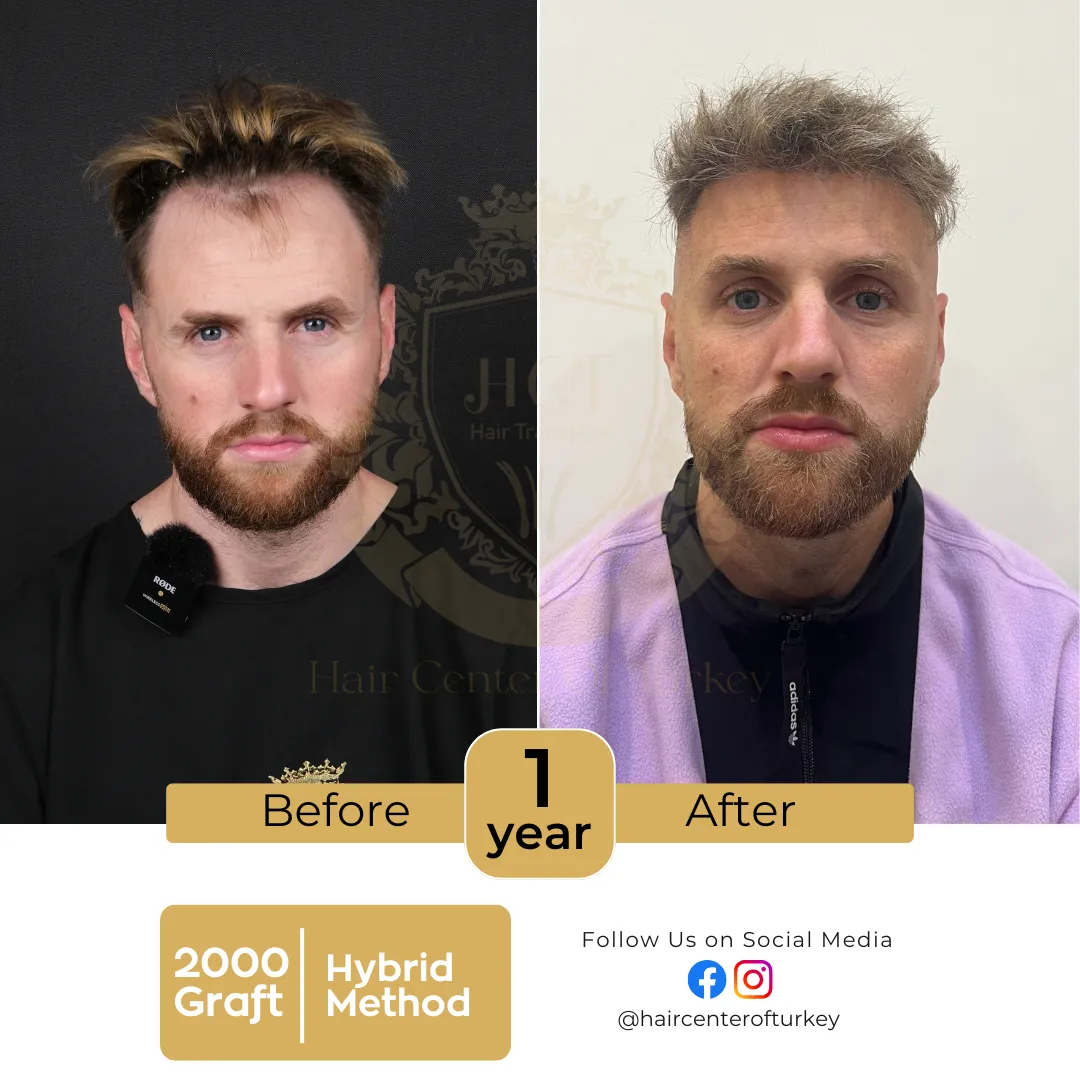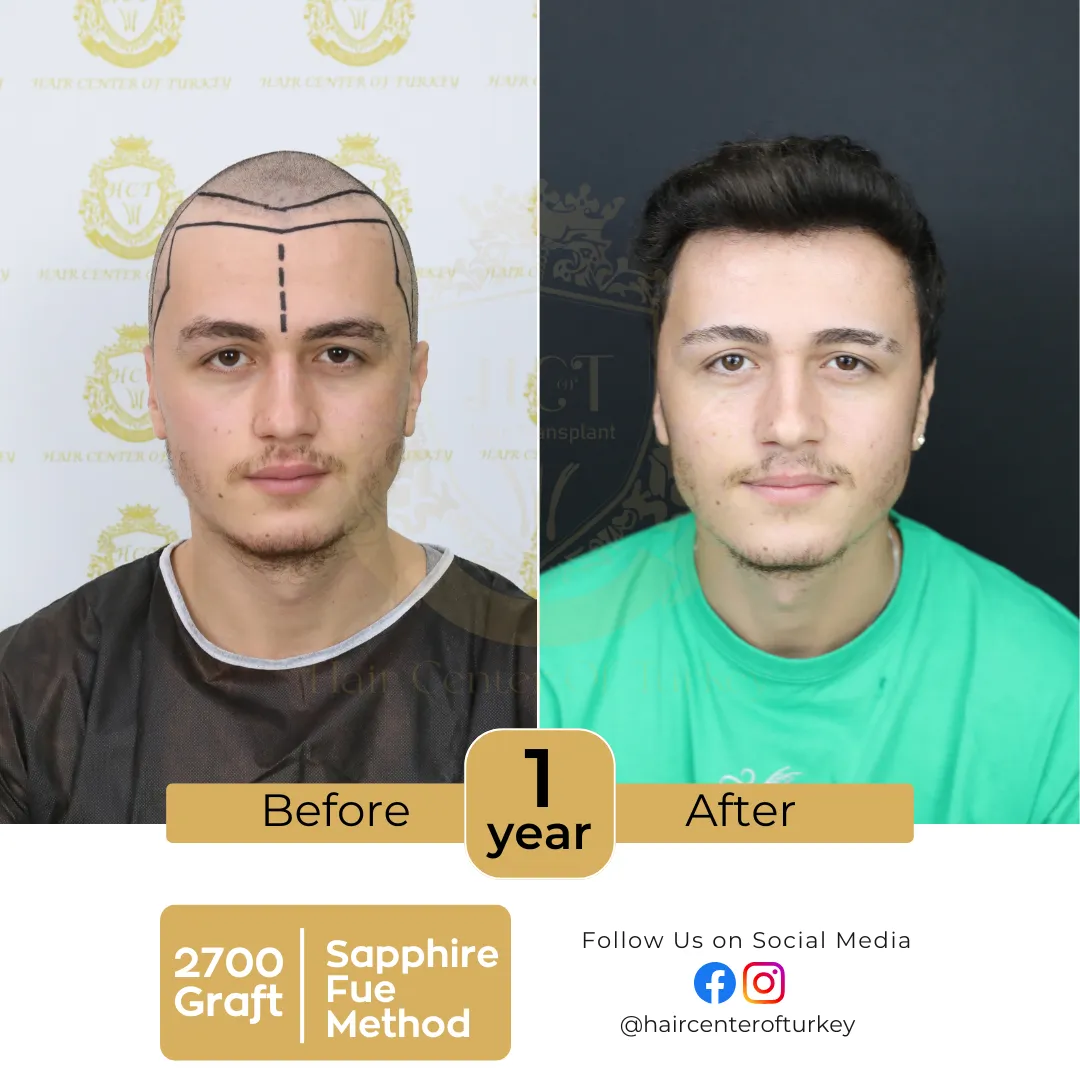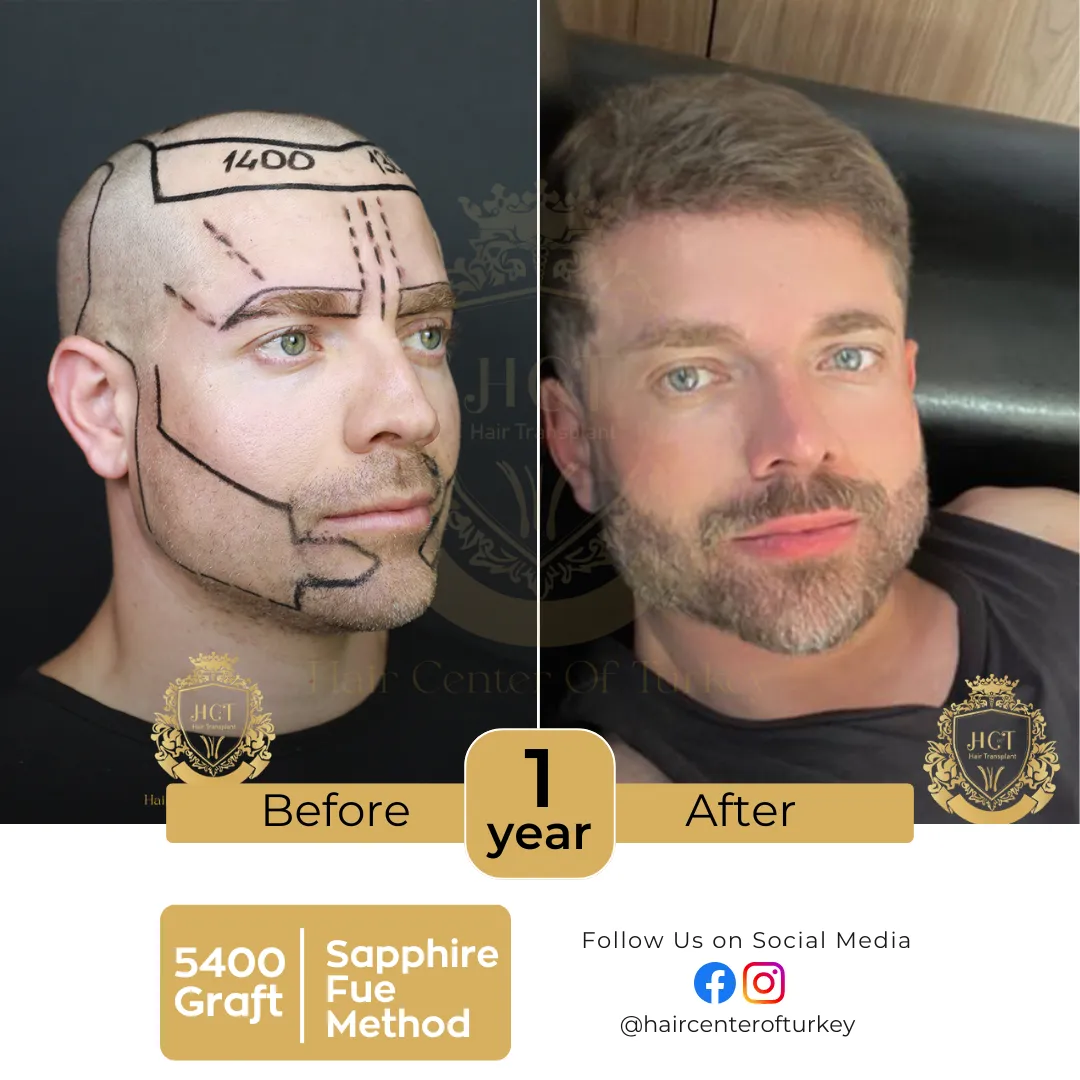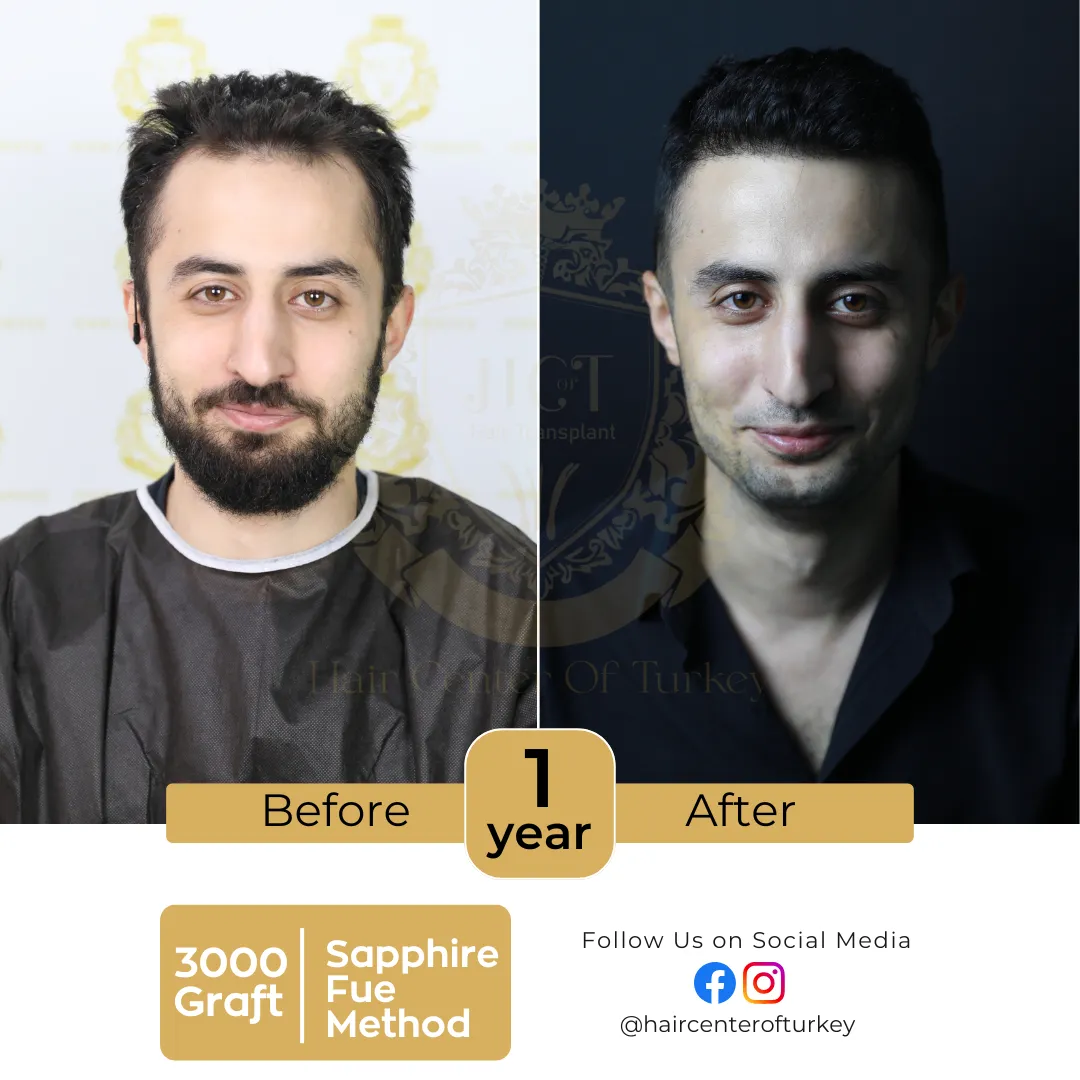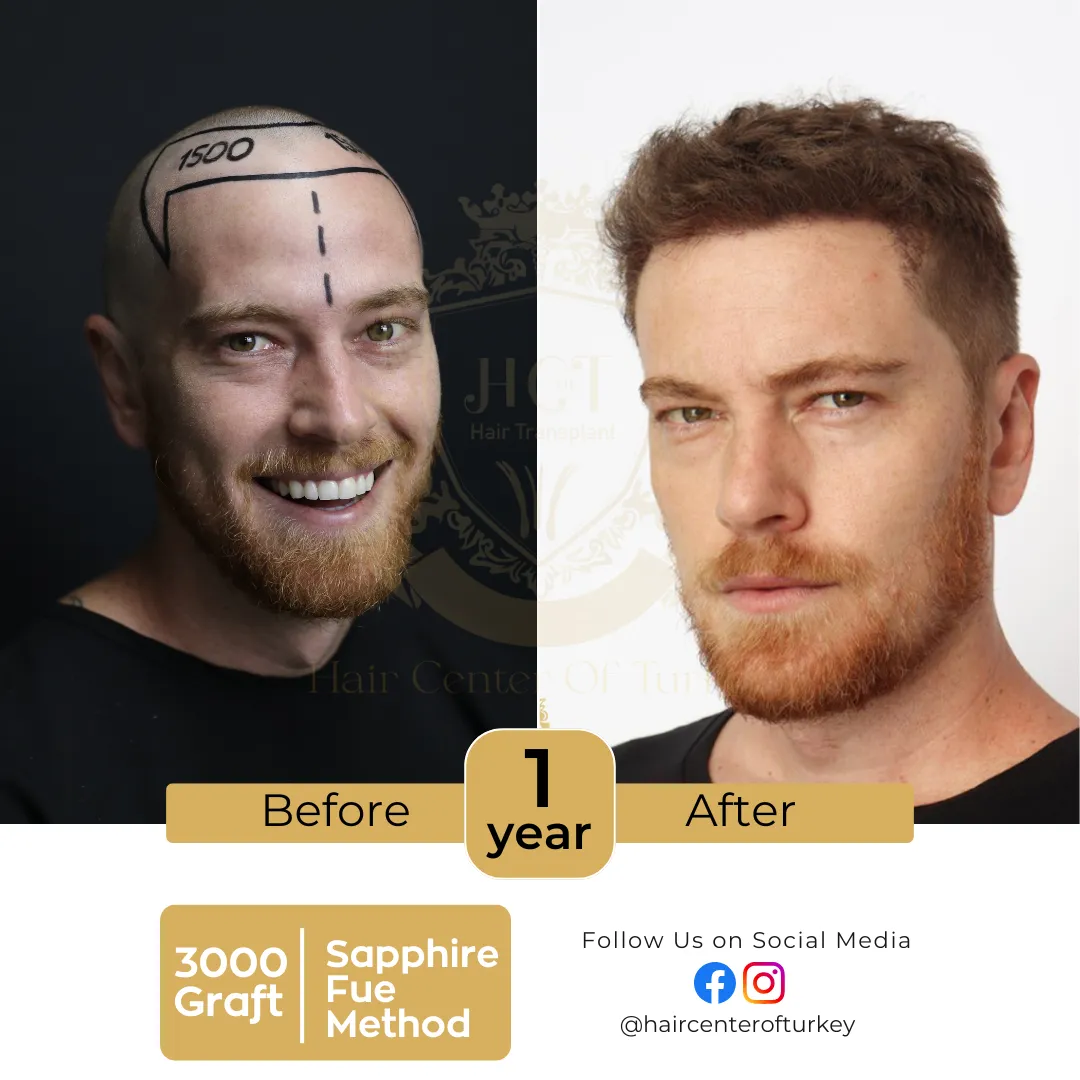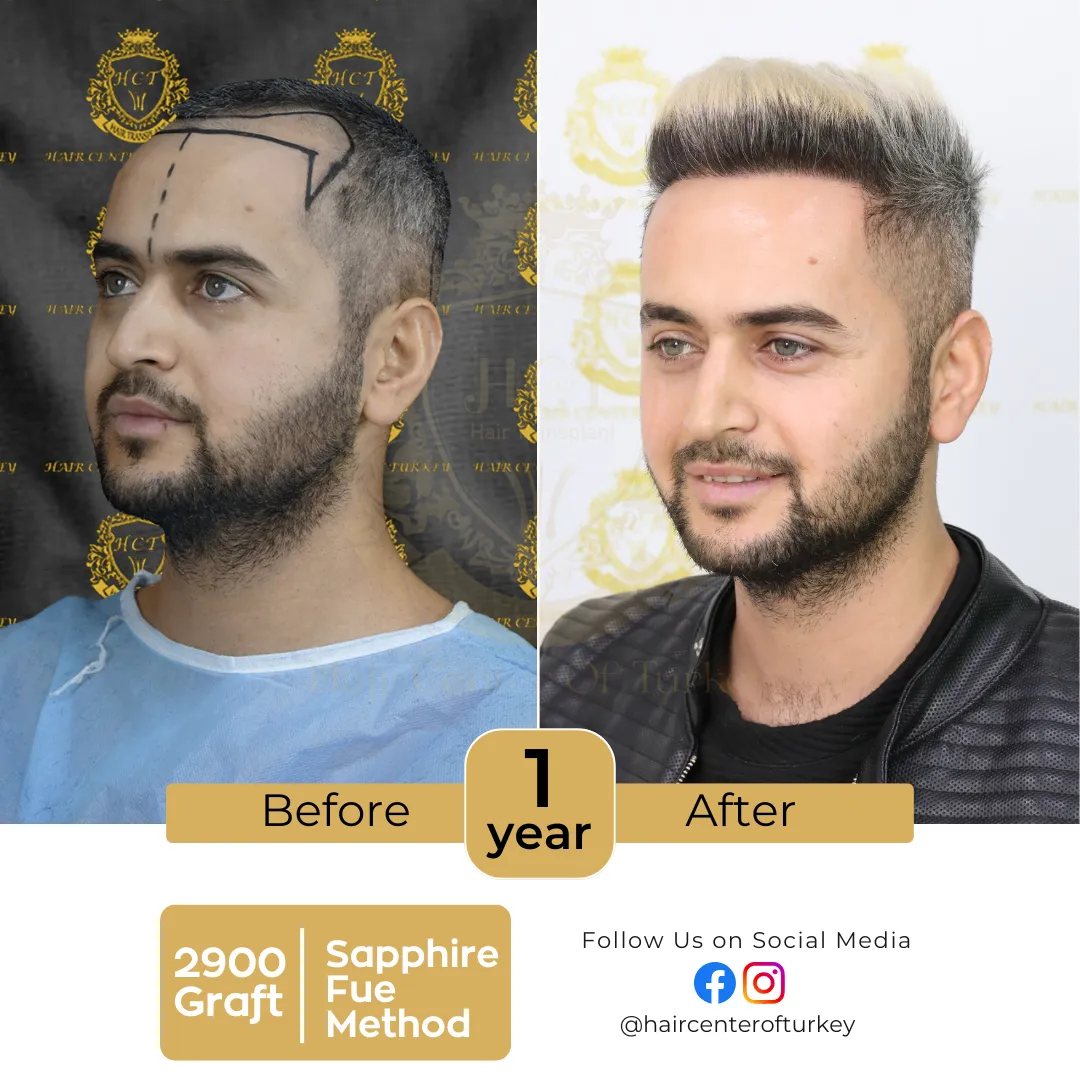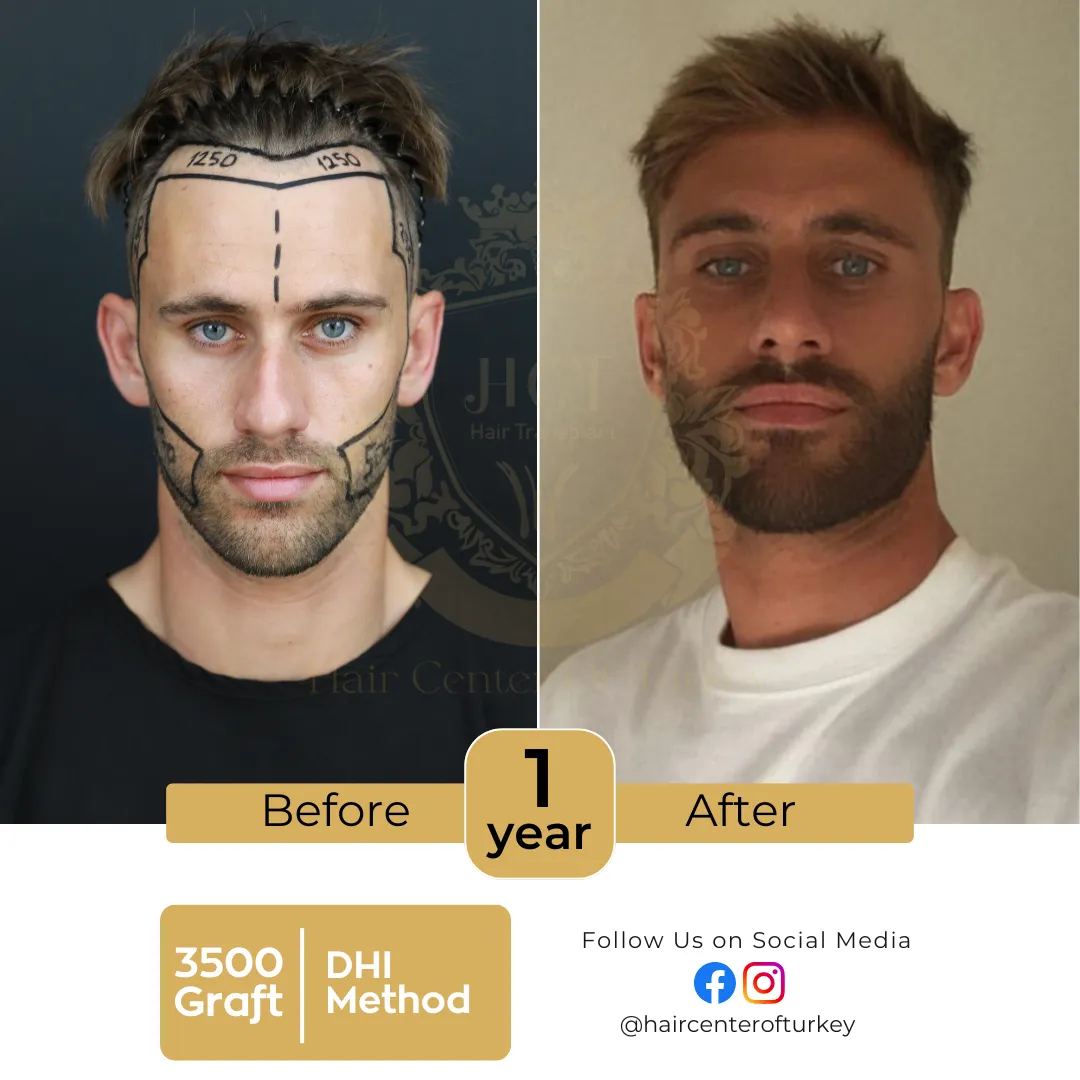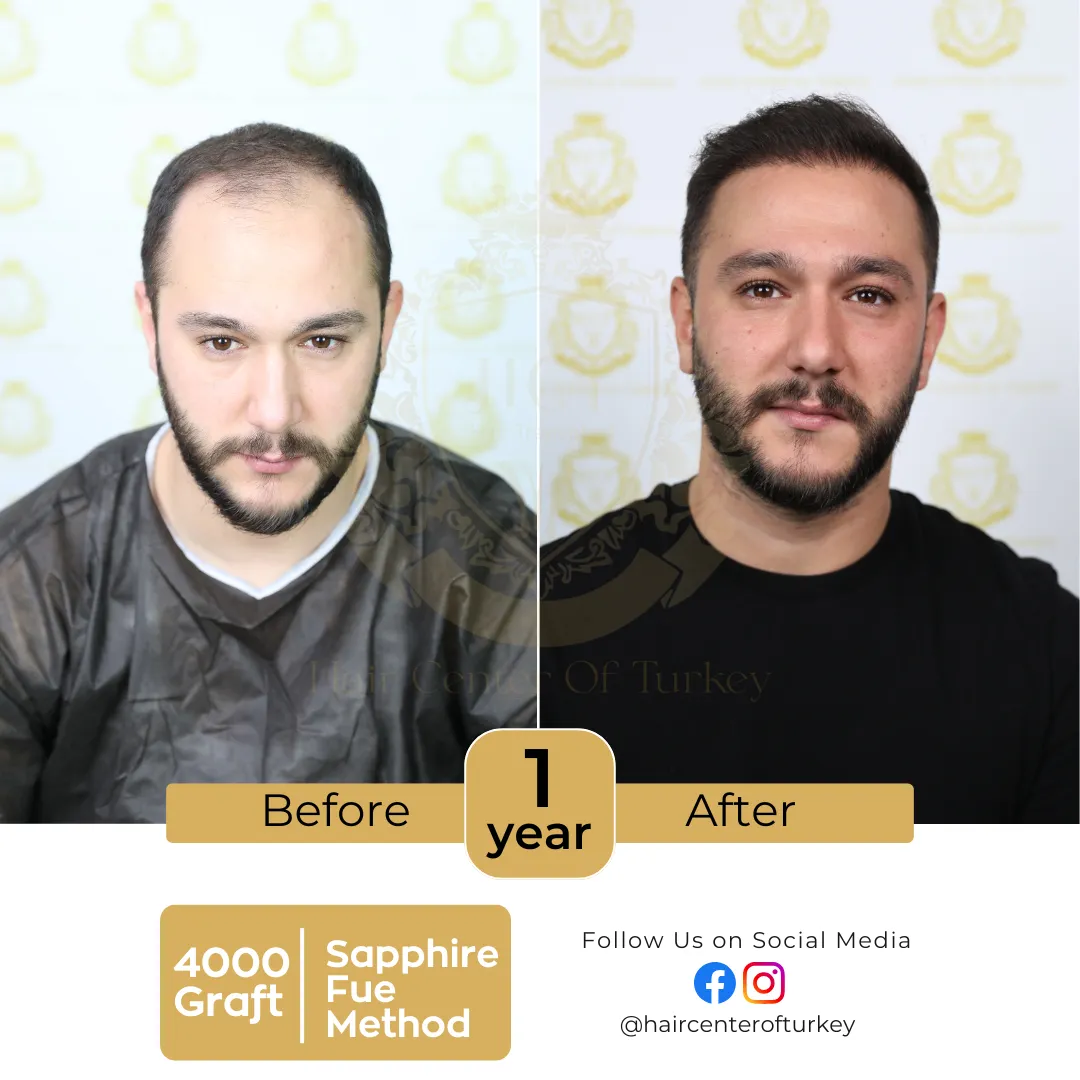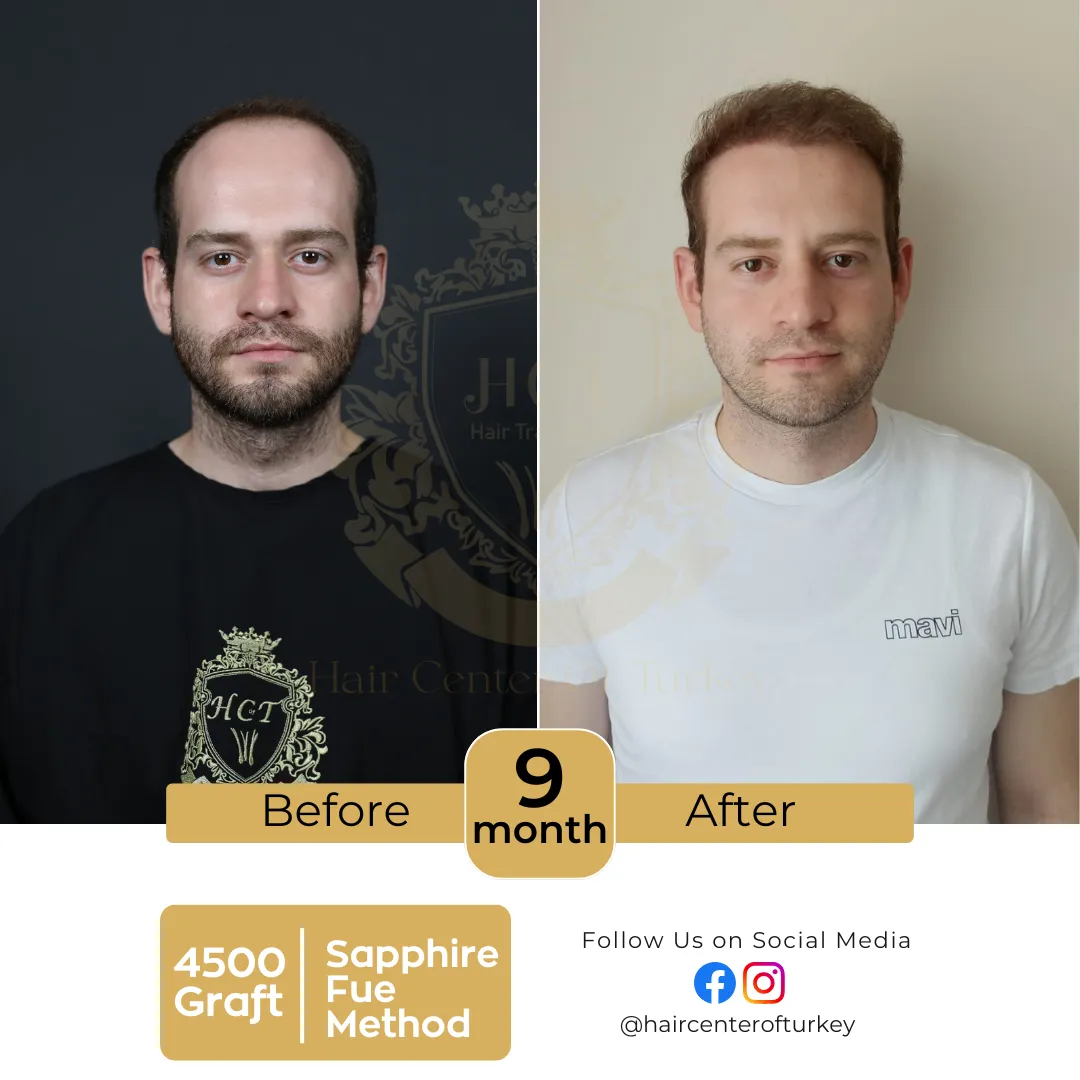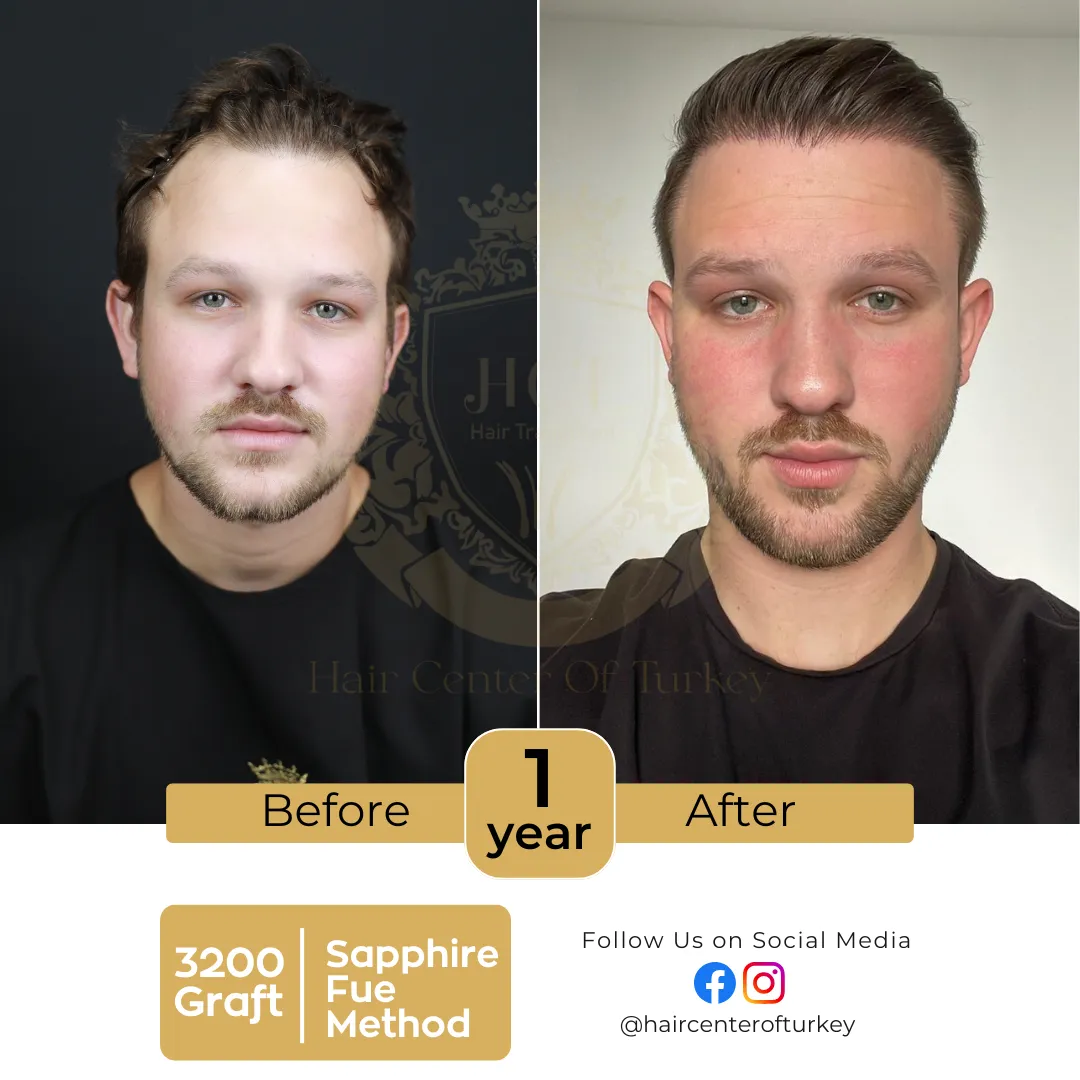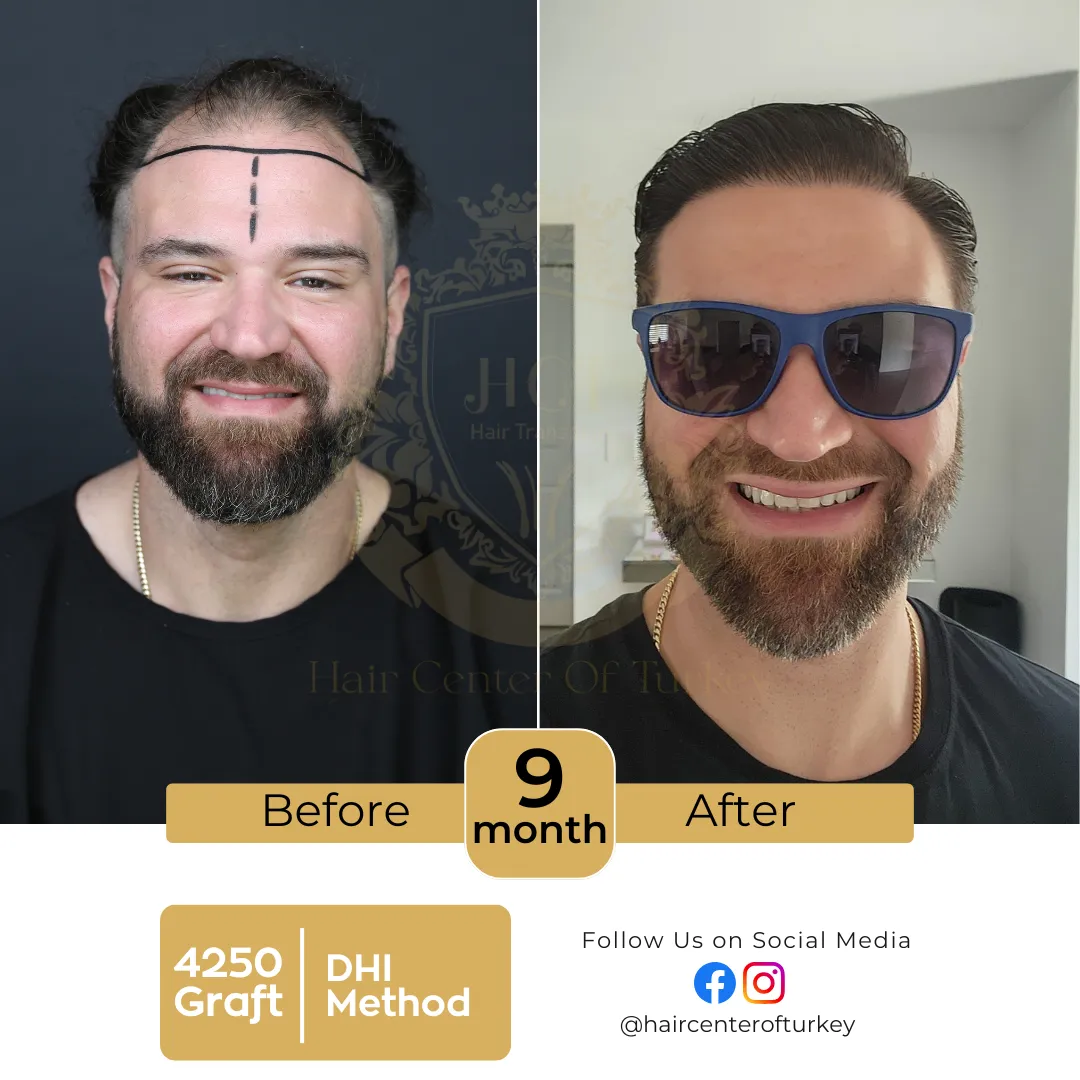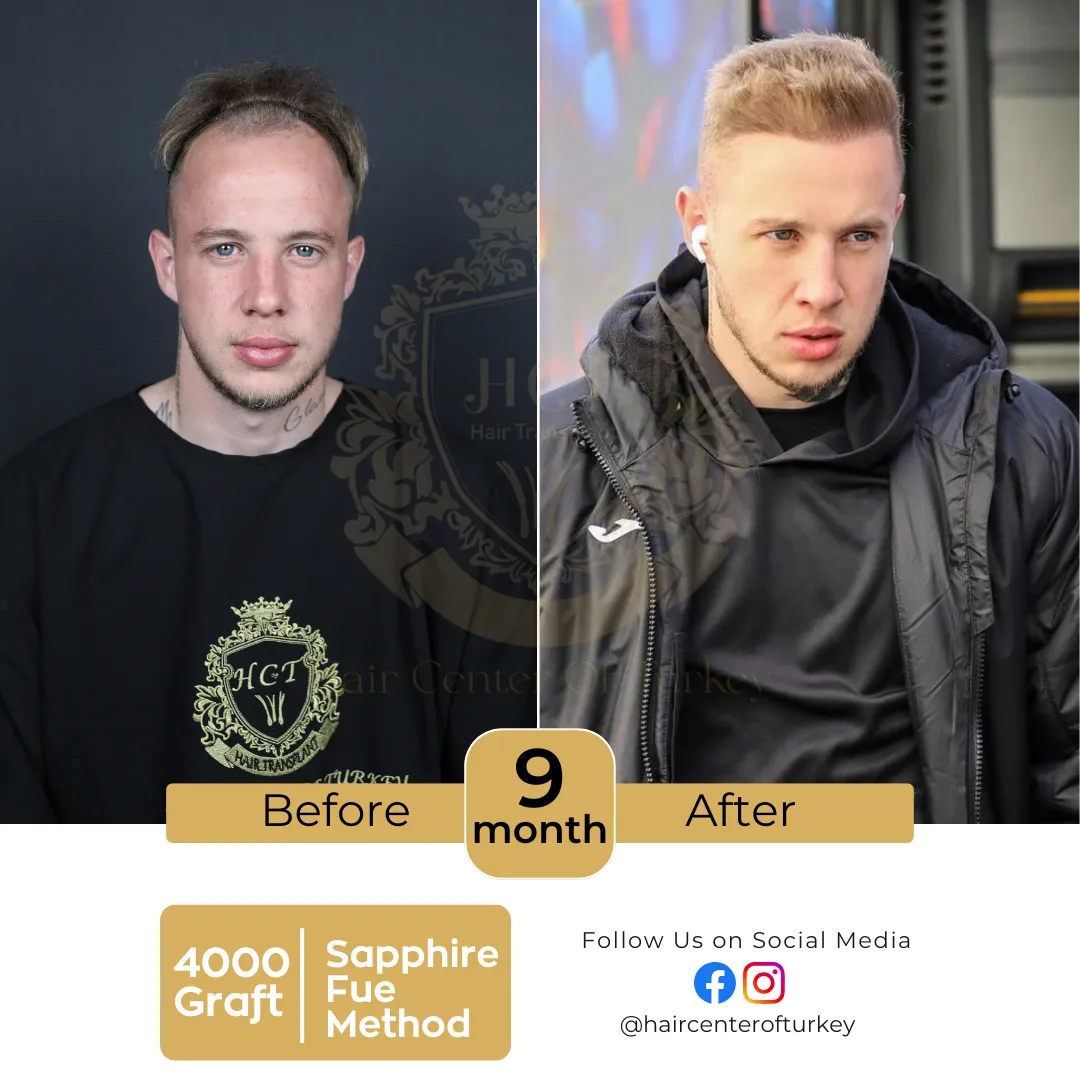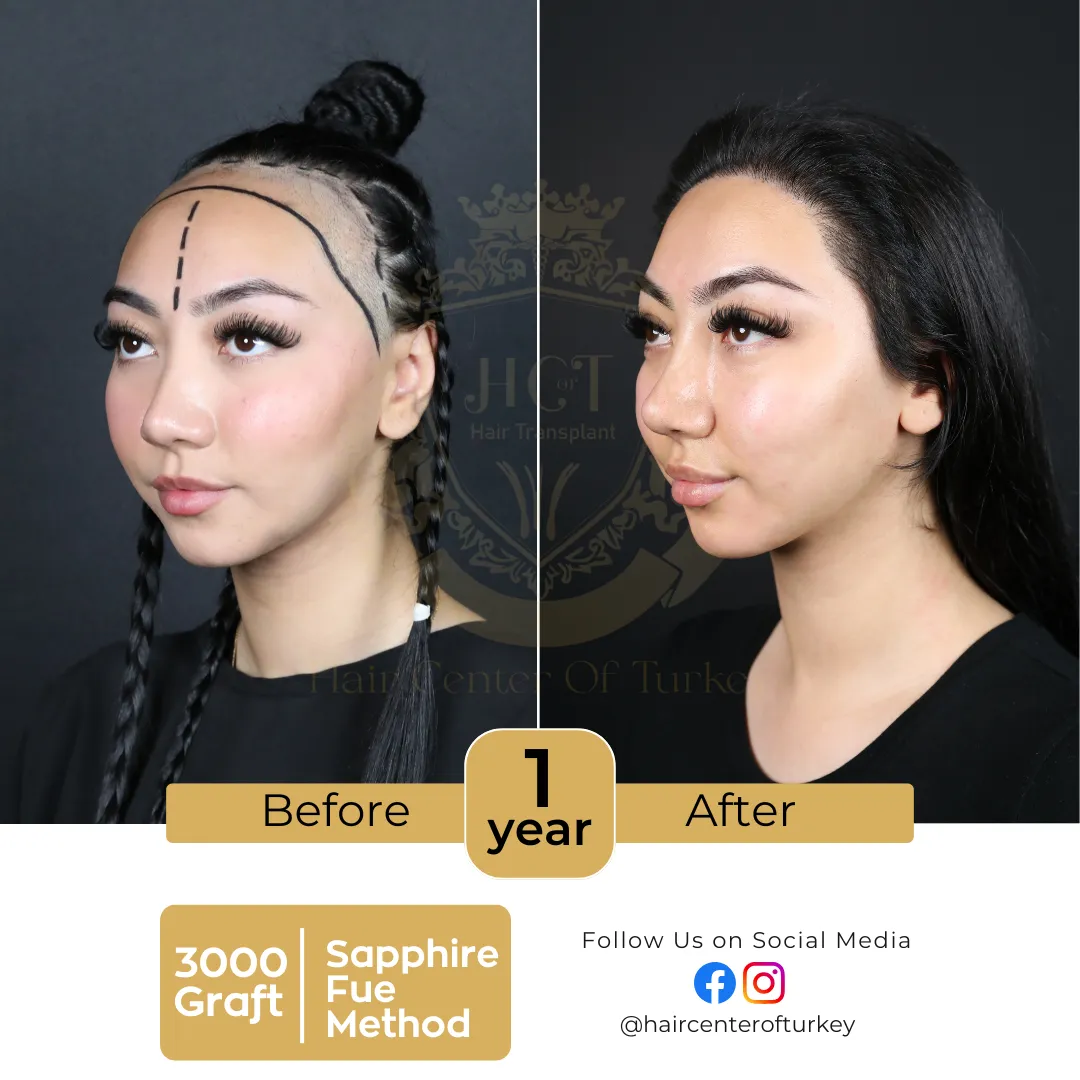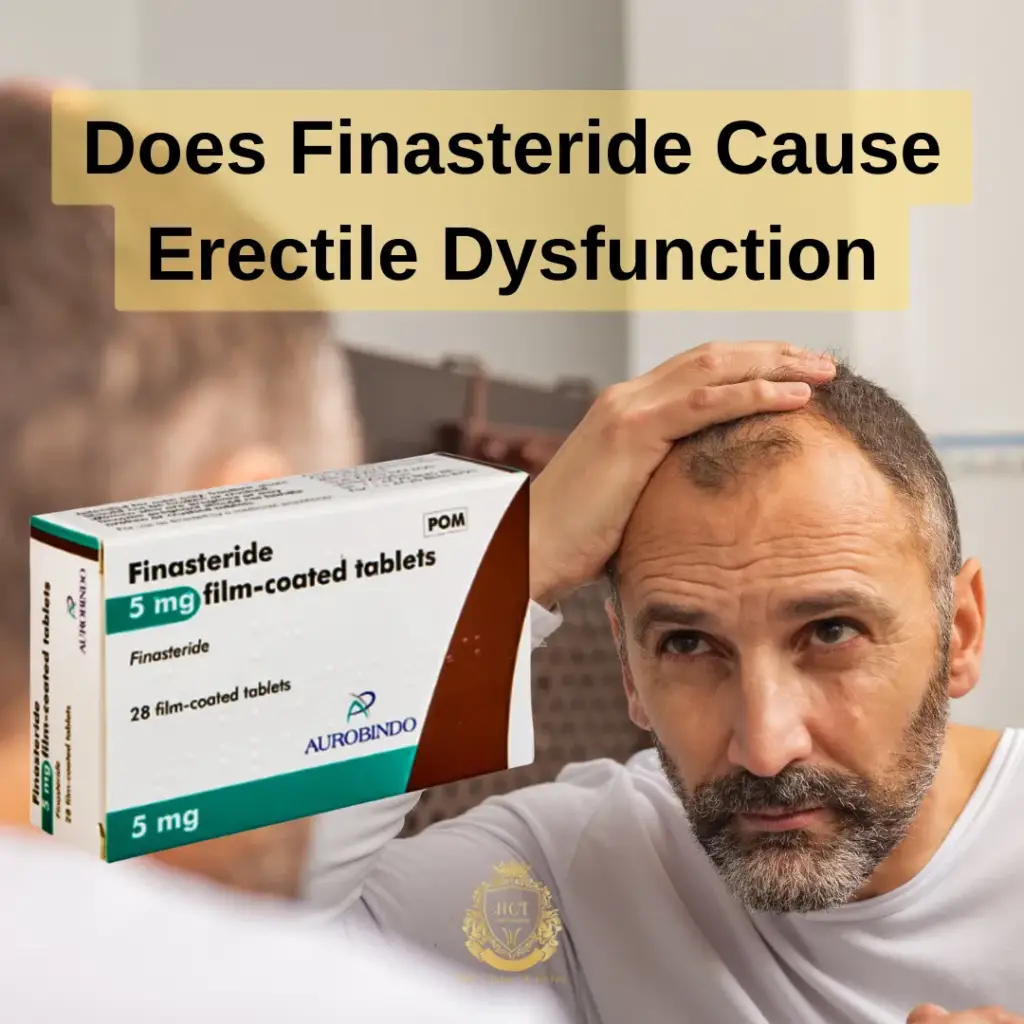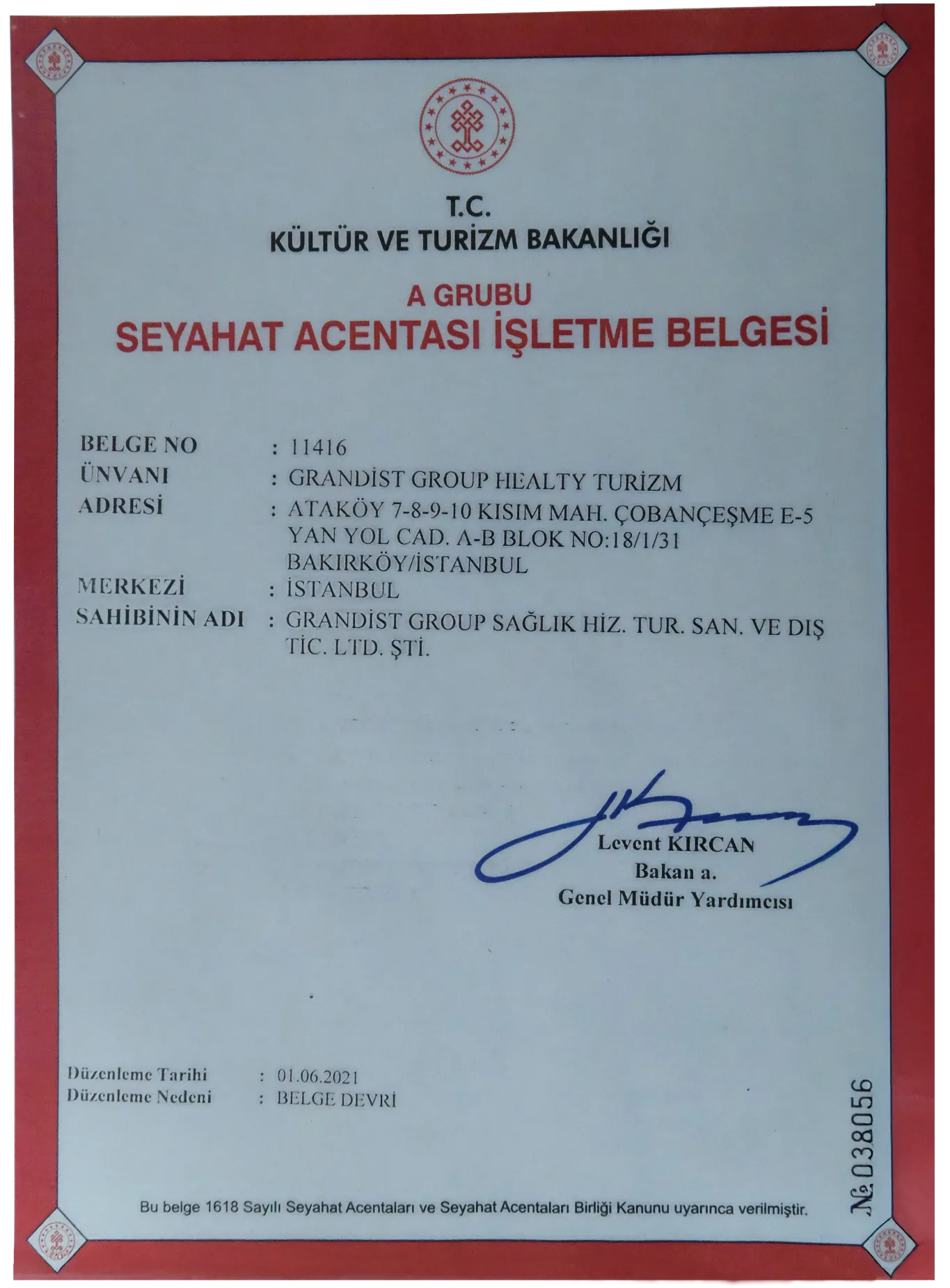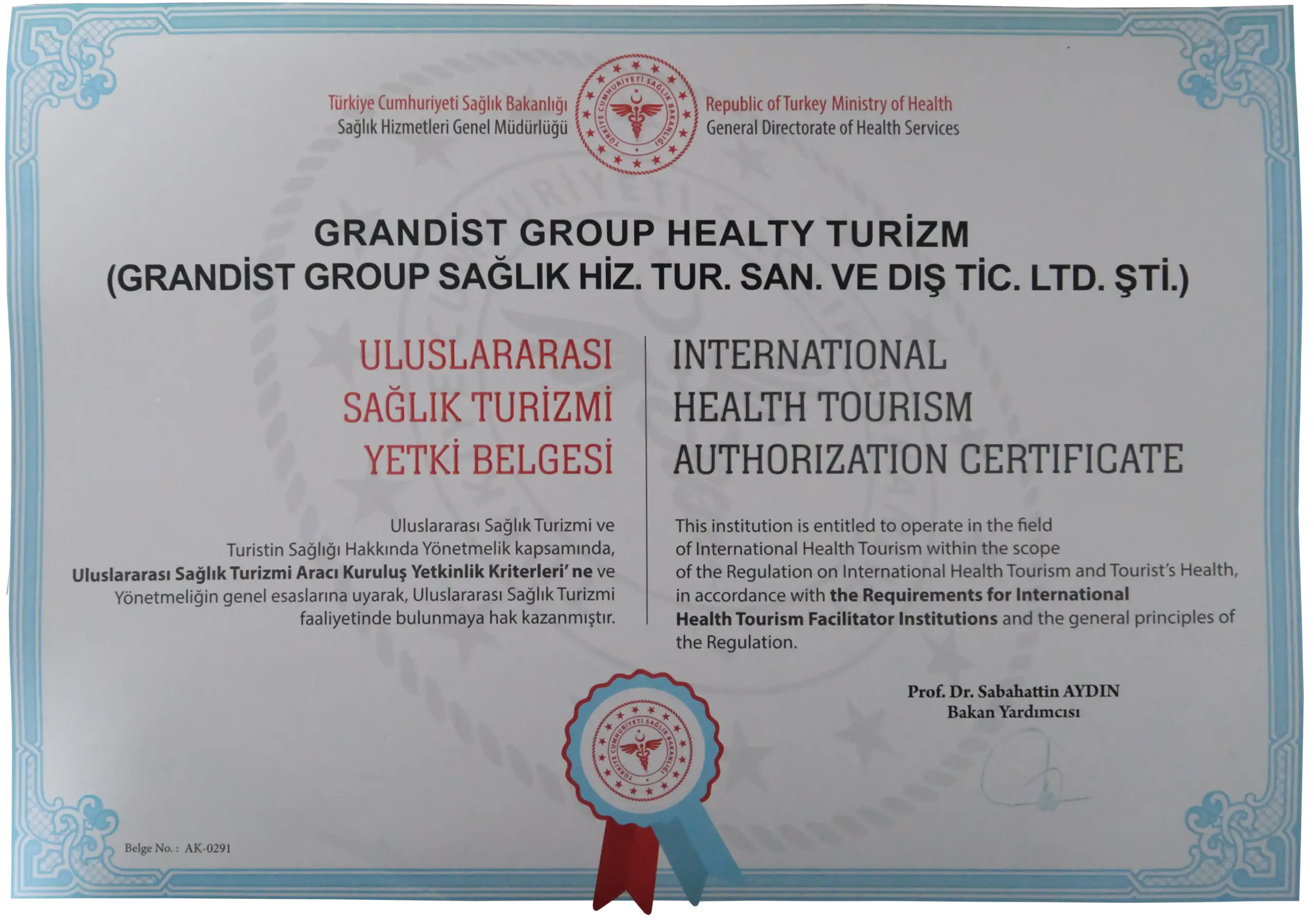Does DHT Blocking Shampoo Work?
Uncovering the Truth About Hair Loss Prevention
Uncovering the Truth About Hair Loss Prevention
Hair loss is a concern for many people, and one of the most common causes is dihydrotestosterone (DHT). As a byproduct of testosterone, DHT is linked to male and female pattern baldness. Many hair care brands promote DHT-blocking shampoos as an effective solution, but do they really work? This article explores how DHT affects hair loss, the effectiveness of DHT-blocking shampoos, and whether they are a reliable treatment for thinning hair.
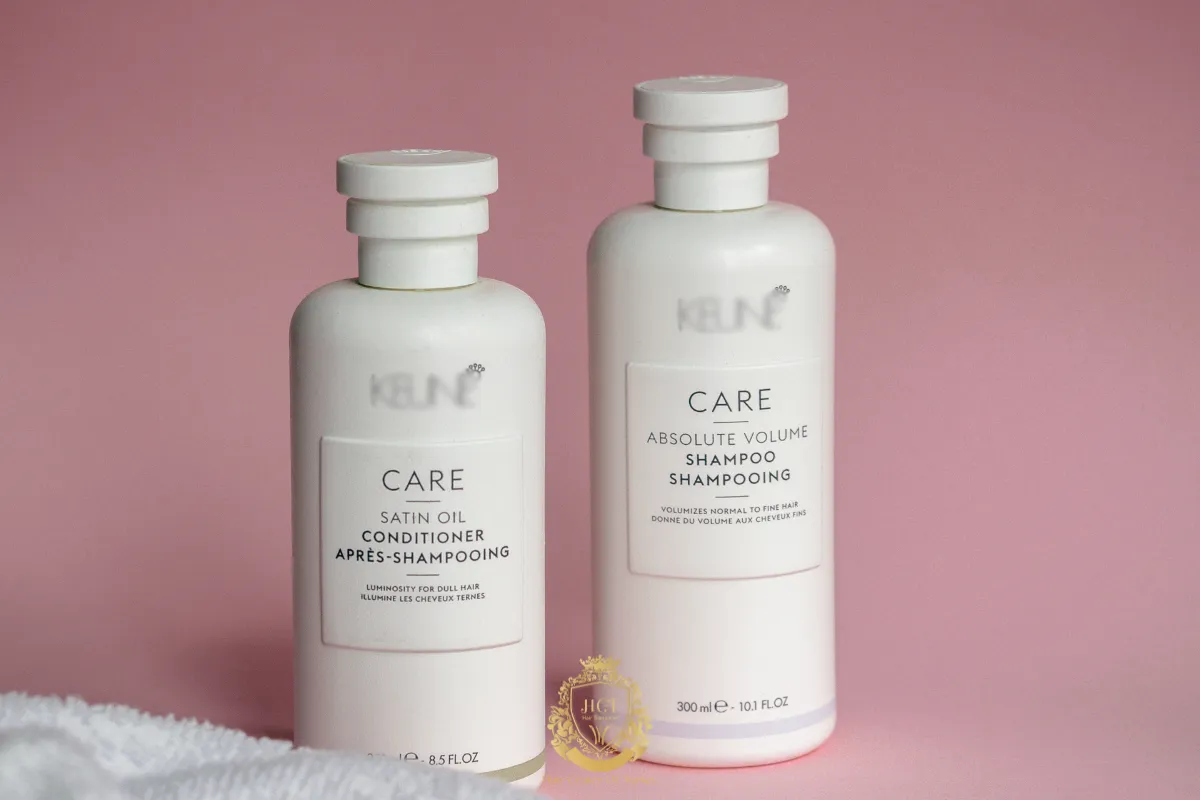
Understanding DHT and Its Role in Hair Loss
DHT is a powerful androgen that binds to hair follicles, causing them to shrink over time. This process, known as miniaturization, leads to weaker hair strands, slower growth, and eventually, hair loss. While both men and women produce DHT, those with a genetic predisposition to androgenetic alopecia (pattern baldness) are more susceptible to its effects.
By blocking DHT, some hair loss treatments aim to preserve follicle health and prevent further shedding. However, the effectiveness of these treatments varies, leading many to question whether DHT-blocking shampoos can truly make a difference.
How DHT Blocking Shampoo Works
DHT-blocking shampoos typically contain ingredients designed to reduce the impact of DHT on hair follicles. These ingredients fall into two main categories:
- Natural DHT Blockers – Some shampoos use plant-based compounds like saw palmetto, pumpkin seed oil, and green tea extract to inhibit the enzyme (5-alpha reductase) responsible for converting testosterone into DHT.
- Medically Proven Ingredients – Certain shampoos contain active ingredients like ketoconazole, caffeine, and biotin, which may help promote scalp health and reduce inflammation linked to hair loss.
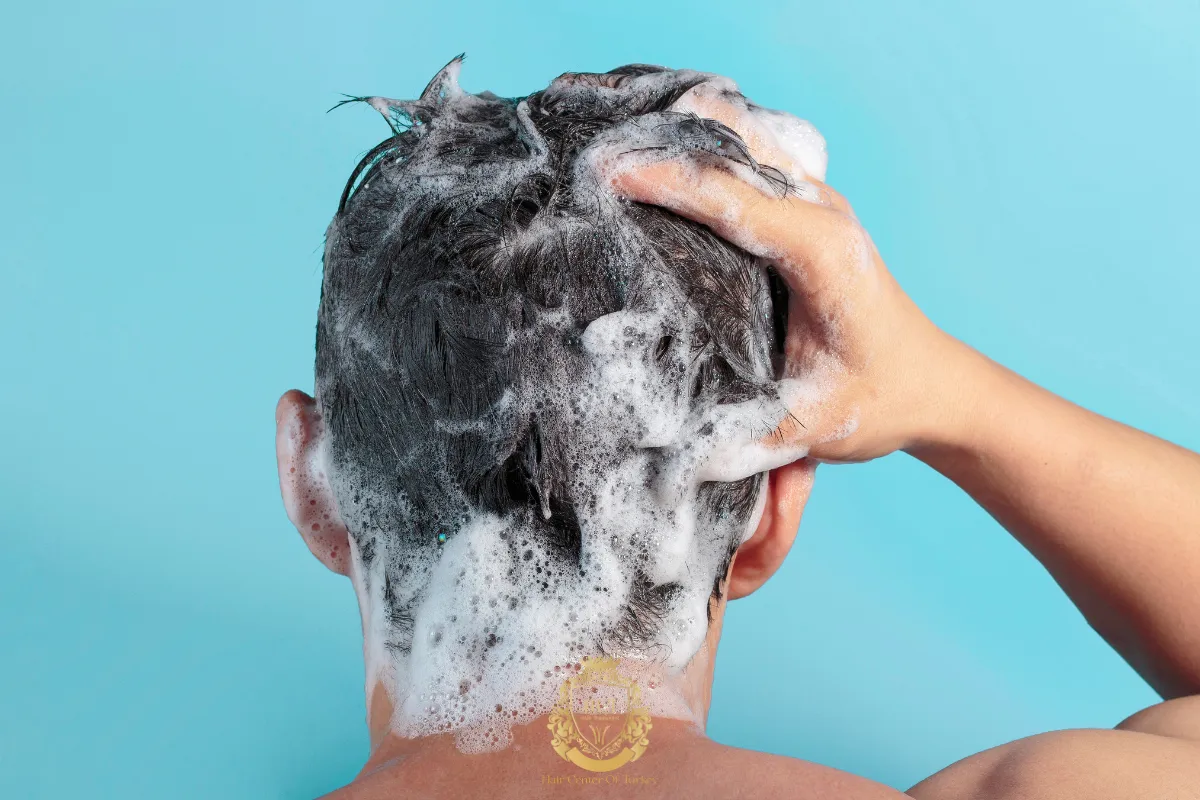
Are DHT Blocking Shampoos Effective?
While DHT-blocking shampoos can support scalp health and provide a cleaner environment for hair growth, their effectiveness in preventing hair loss is often limited. Unlike oral medications such as finasteride, which systemically reduce DHT levels, shampoos work only on the surface of the scalp and may not fully prevent follicle miniaturization.
That said, some studies suggest that using a DHT-blocking shampoo with other treatments, such as minoxidil or hair transplant procedures, can improve hair retention and growth.
Who Can Benefit from DHT Blocking Shampoo?
DHT-blocking shampoos may be useful for individuals experiencing early signs of hair thinning or those looking to maintain scalp health. They can be particularly beneficial when used as part of a broader hair care routine that includes a healthy diet, proper hydration, and other proven treatments. However, for individuals with advanced hair loss, stronger medical interventions may be necessary.
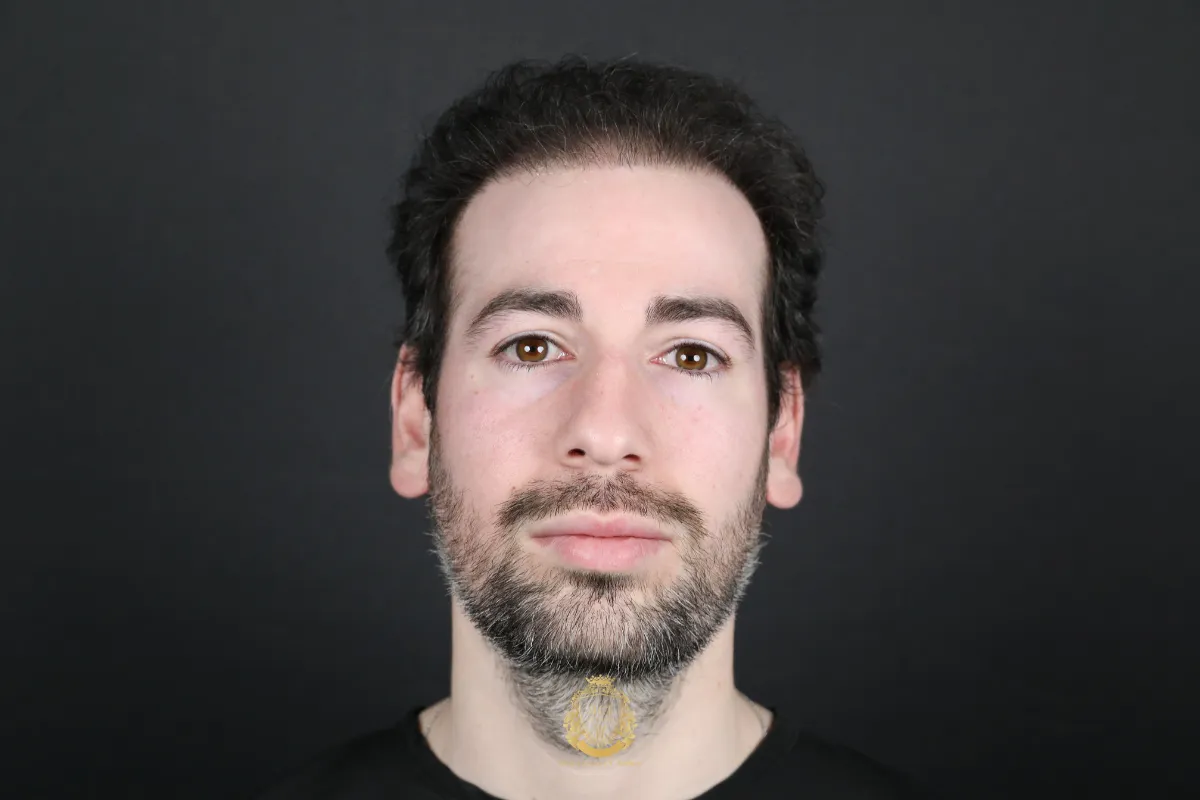
Is a Hair Transplant a Better Option?
While DHT-blocking shampoos may help slow hair loss, they are not a permanent solution for significant balding. Hair transplants, such as Follicular Unit Extraction (FUE) and Direct Hair Implantation (DHI), offer a long-term and natural-looking solution. These procedures involve transplanting healthy hair follicles from donor areas to thinning or bald regions, ensuring lasting results.
For those experiencing severe hair loss, consulting with a professional hair restoration clinic may be the best step toward achieving thicker, fuller hair.
F.A.Q. (Frequently Asked Questions)


